























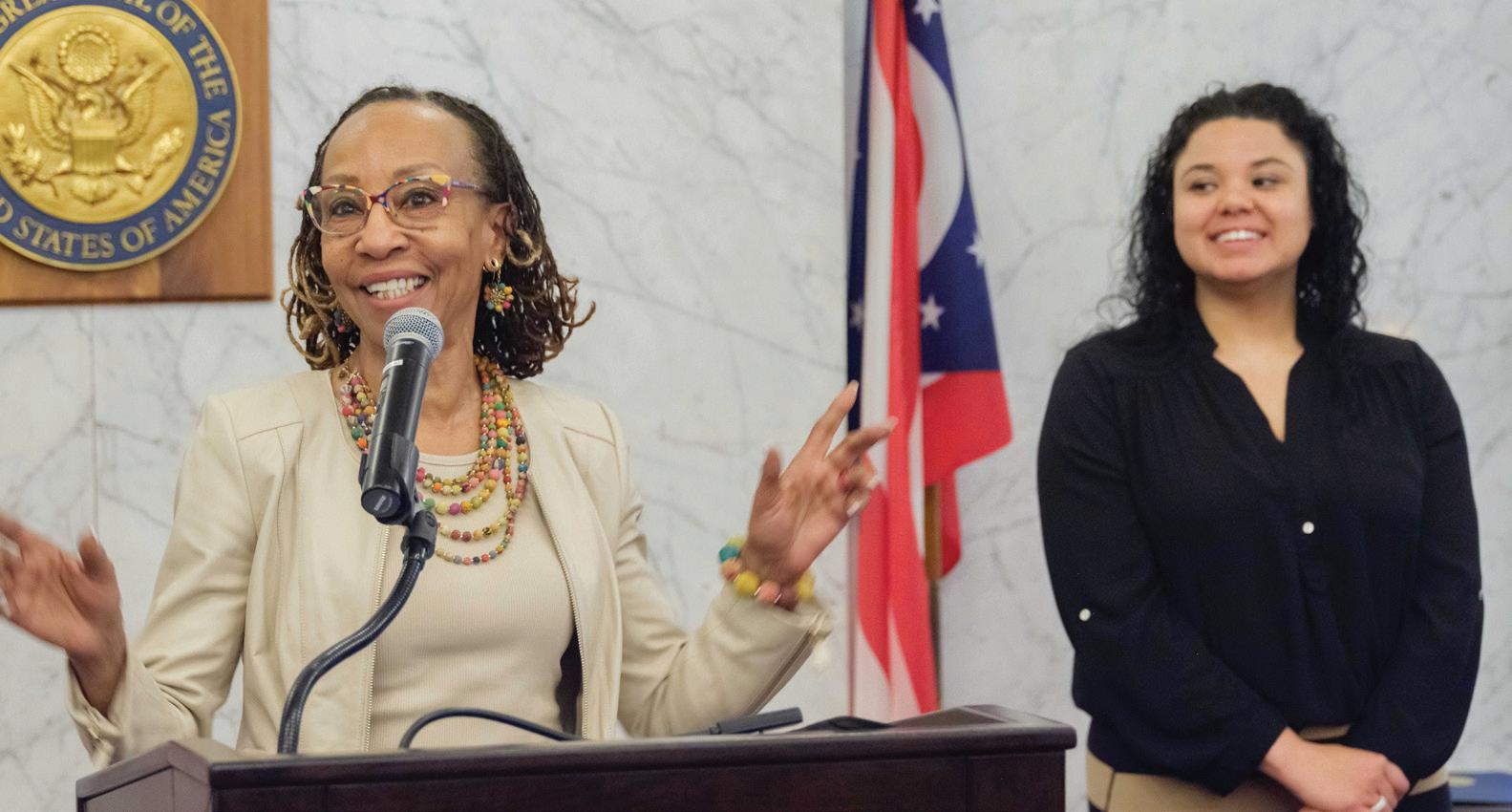
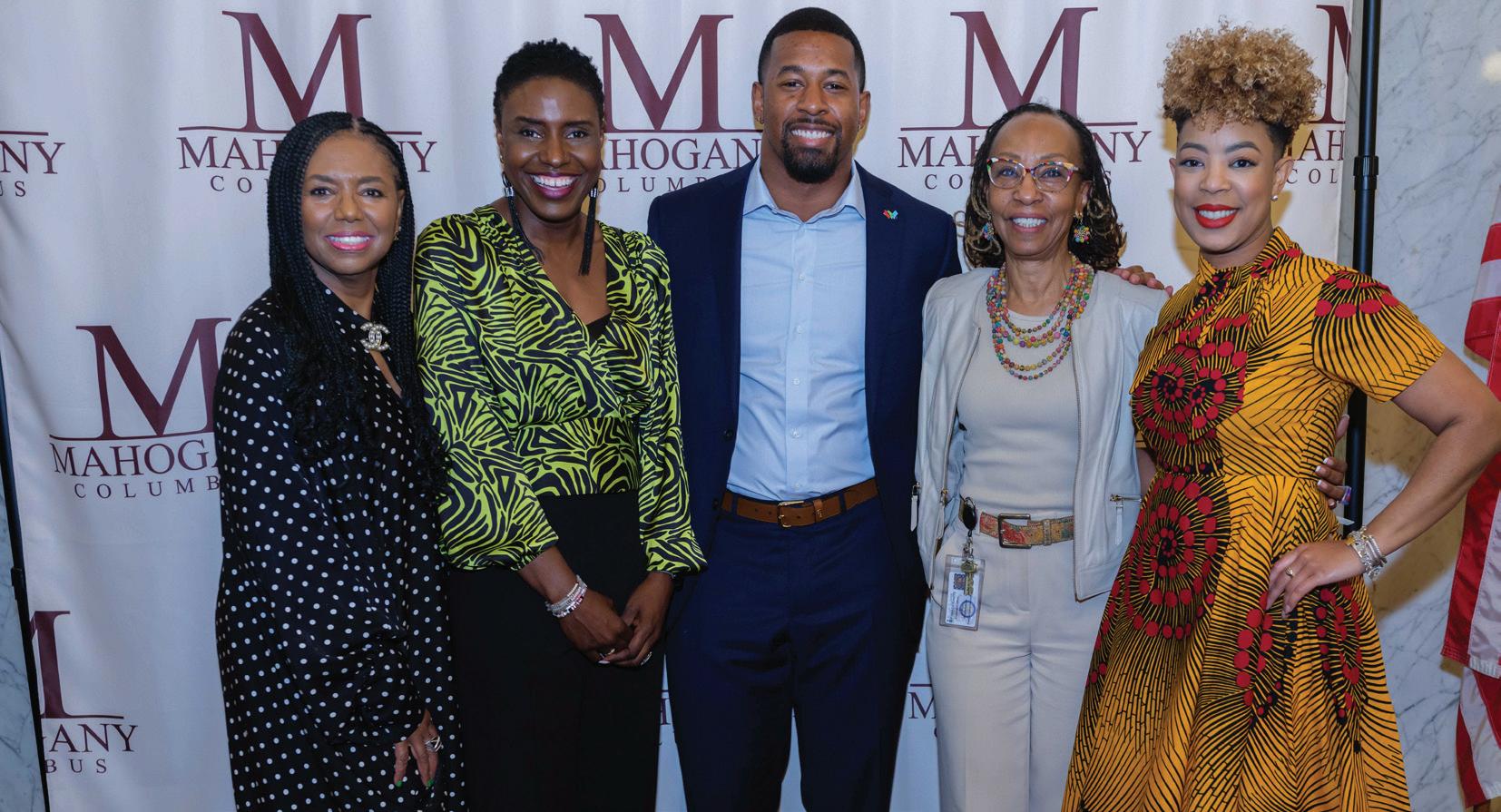
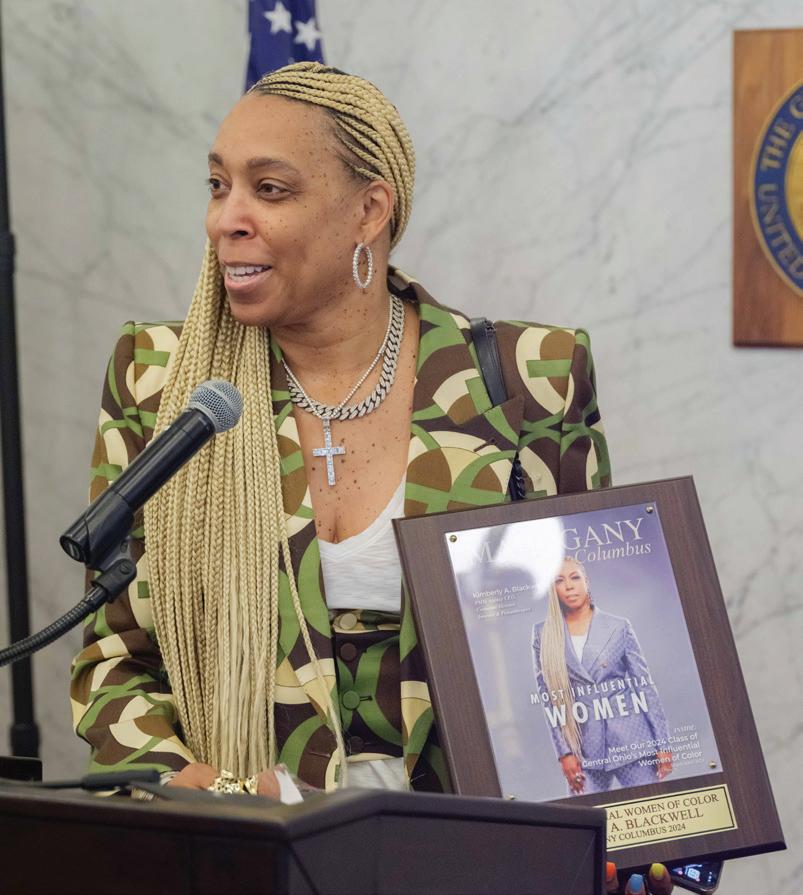
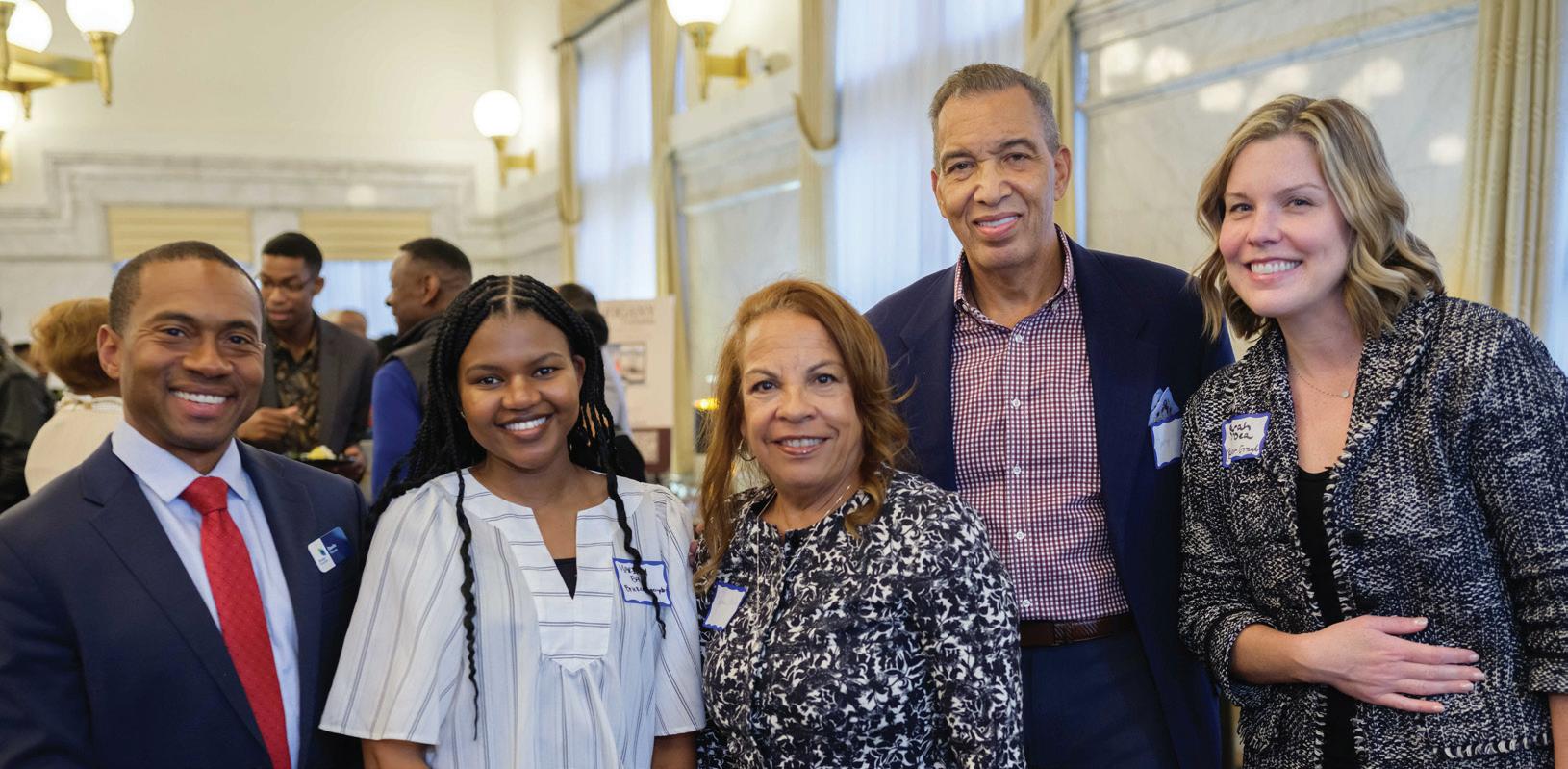
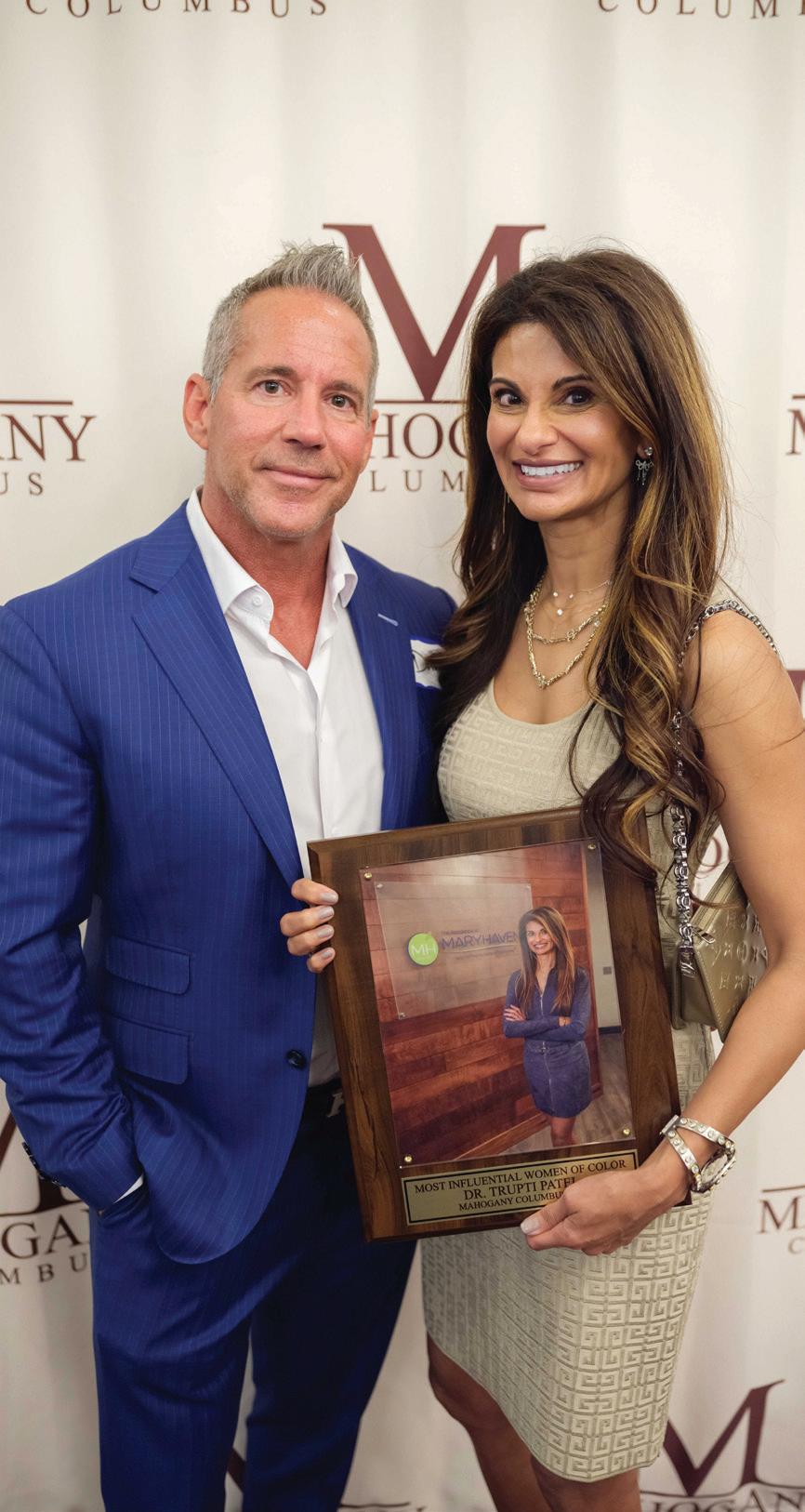
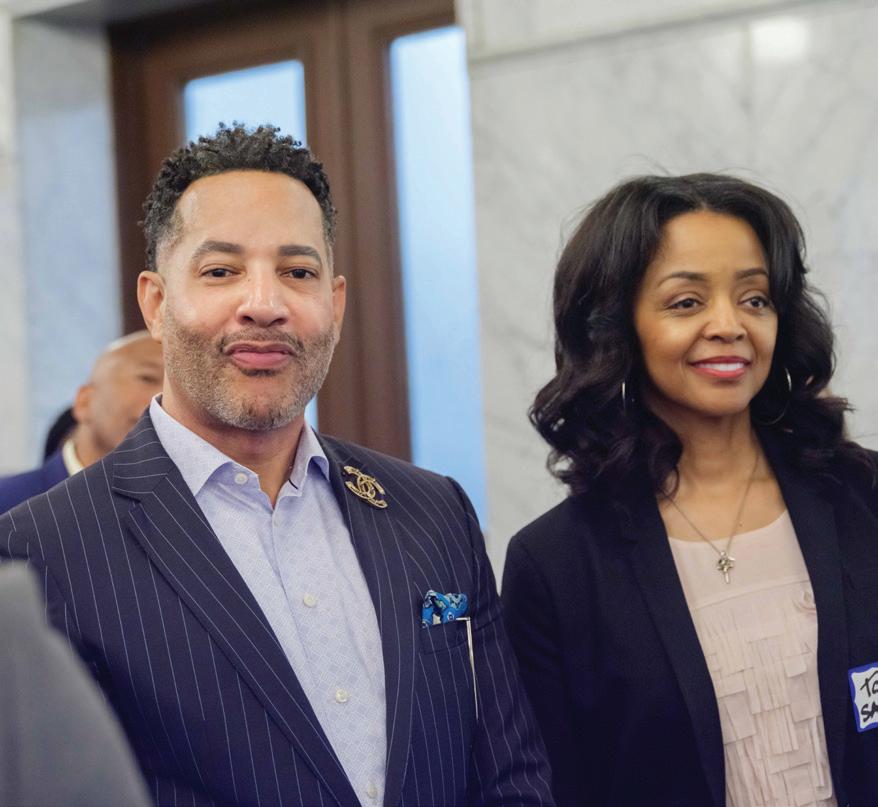
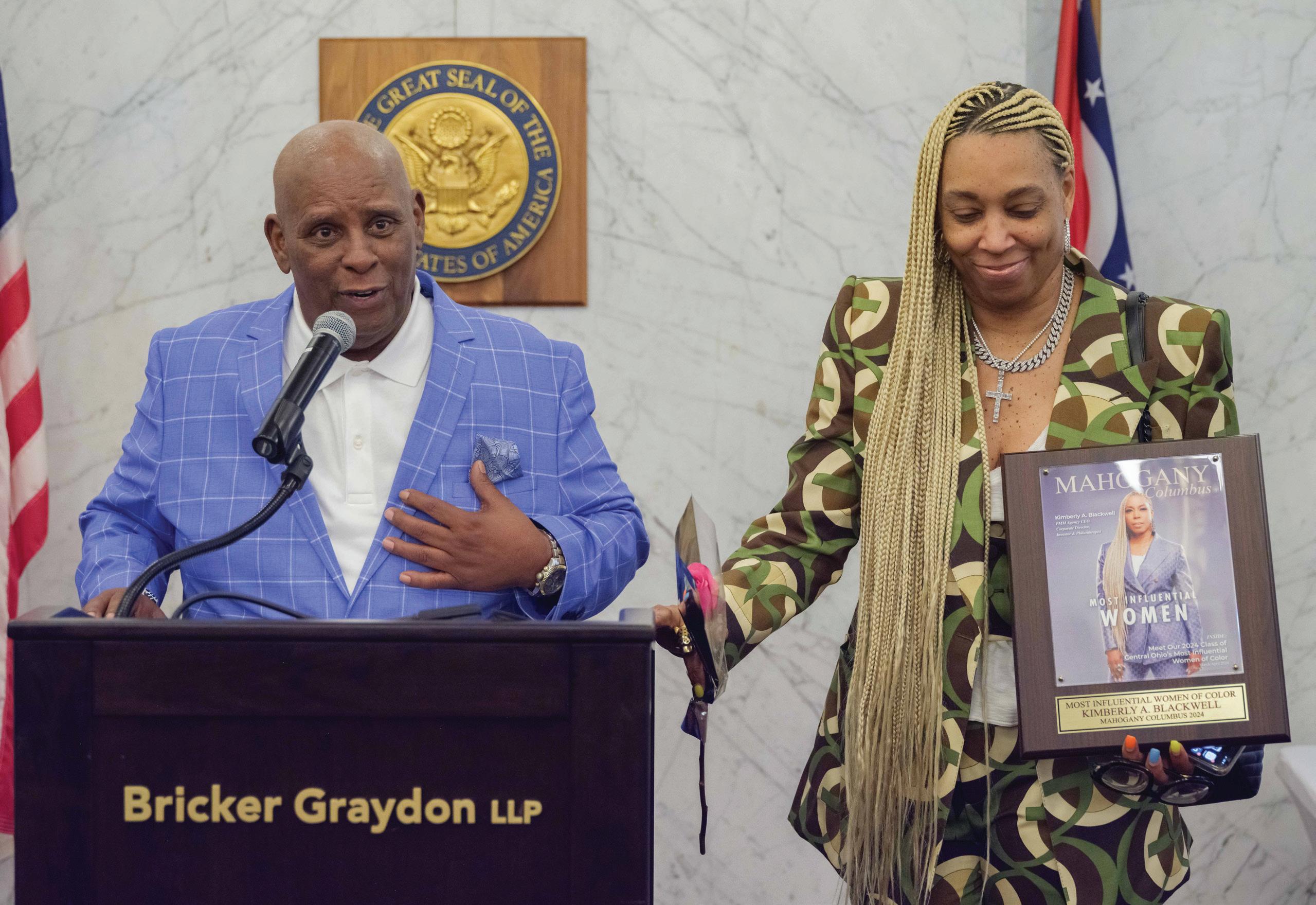
Mahogany Publisher C. Sunny Martin and Kimberly A. Blackwell CEO of PMM share memories of their 20-plus year business friendship at release reception.
Diverse Leaders in Behavioral Health
Mahogany Search Partners Launches What’s Up Columbus
Dynamic Duo in the Medical Field Drs. Reversa and Joshua Joseph
Meet Private Chef Janese Boston
Tauana McDonald Named Mt. Carmel Health System
New President and CEO
Healthy Community Center Opens Up on Long Street
Meet Central Ohio’s Exceptional Health Care Professionals
G’s Shepard Springs Café Birthday Celebration



Small business owners that have learned to consistently market their products and/or services to a precise targeted audience fare far better and grow their firms to much greater success and profitability. Unfortunately, a large segment of small business owners fail to invest in consistent marketing. Somehow, they’ve come to believe that marketing is a costly expense rather than an investment to increase their revenues by gaining more customers. Having that lack of understanding will keep you in the micro small business mode for a very long time.

A renowned famous economist Peter Drucker one stated, “Marketing and Innovation is the most successful path to small business growth and success, the rest is just managing people and expenses.” If you have a successful business model that is profitable why not increase your revenues to serve more clients and create larger profits by reaching more people? As the saying goes; “A funny thing happens when you don’t advertise, absolutely nothing! Your business will continue to stay small, stagnant, and will not grow without a strategic marketing plan!
Simply put, more customers equal more revenues and profits that will increase your cash-flow and that can lead you to greater wealth. and enable an entrepreneur to grow and cover costs to further expand the business. Having a tight well thought out business model allows you to duplicate it in various markets and communities.
In summation, no matter what type of entrepreneur you are, and regardless of what level of education you have gained in the street or college, all entrepreneurs must be able to describe what it is you do you do, and what it is that you offer to perspective customers and clients in a precise manner. Your elevator speech is important. Ask a friend or colleague to give you an honest evaluation of your description. Is it short, descriptive and concise? Does it give the listener a basic understanding of exactly what it is that you do? If not, make it a priority to work on it. Before someone can decide if they may need or want your product or use your services, they must first understand what it is you’re offering.
Be unique and innovative in all that you do. Don’t just give it lip service. If you’ve decided to adopt a unique approach to make your business stand out and memorable (slogans, taglines, business signature, giveaways, mascot, illustration, photo, color scheme, or advertisements) be sure to use it consistently in all your promotions and advertising.
C. Sunny Martin Founder/Managing Partner Mahogany Medial Group
Kimberly A. Coleman Vice President
Branden Joe Vice President
Donna Binda Senior Associate
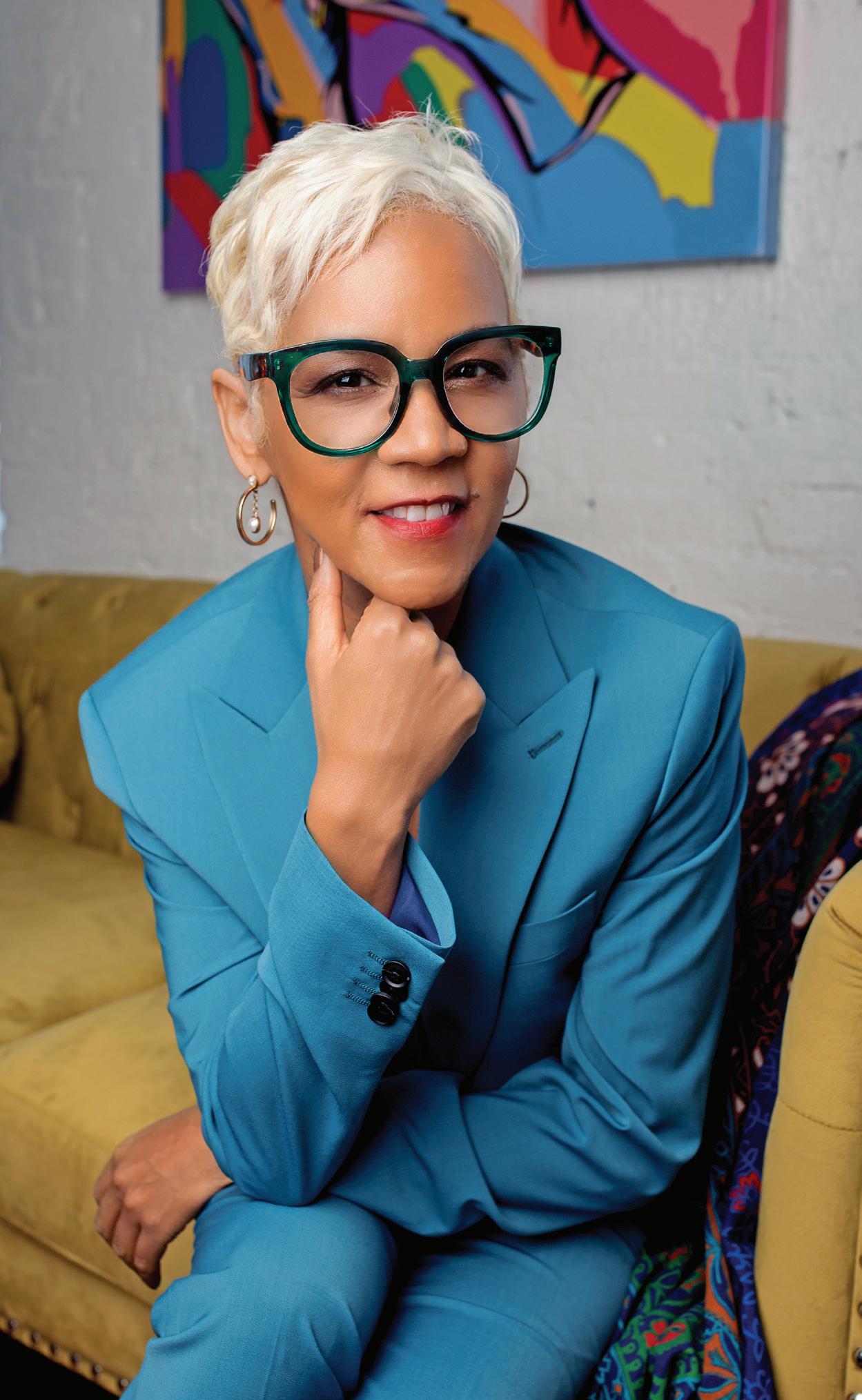
This issue of Mahogany Columbus is poised to support the critical need for greater representation of people of color in healthcare professions. We highlight some healthcare heroes who are impacting the quality of healthcare received by communities of color, but also has a profound impact on addressing the social determinants of health that disproportionately affect communities of color.
Our communities continue to face significant disparities in access to healthcare, quality of care, and health outcomes. These disparities are rooted in a complex interplay of socioeconomic factors, systemic racism, and historical injustices. You’re going to read and be inspired by leaders like Tauana McDonald who has a career understanding that addressing these disparities requires a multifaceted approach, and one crucial aspect is ensuring diversity and representation within the healthcare workforce.
We invite you to learn more about the healthcare highlights as an opportunity to build trust, partner with those who understand cultural sensitivity and support professionals who empathize with historical disparities in treatment. Our objective is to provide a platform where you can feel more comfortable and understand knowing Columbus has healthcare providers who share your cultural background, lived experiences and understand the unique challenges faced by our communities.
We also encourage the healthcare providers reading to support, connect with Mahogany Media Group and our audience to share how you are advocating for policies and interventions that address these challenges effectively. Together we can serve as powerful agents of change, working to eliminate barriers to healthcare access, improve health literacy, and promote preventive care.
It’s inspiring to witness the grit and determination shared by the healthcare professionals on the pages that follow, knowing that Columbus is growing a more equitable healthcare system that better serves the needs of all communities.
When we have a new Brookings Metro Monitor report which found Columbus was rated at the bottom (54 out of 54) for racially inclusive economic growth based on employment, earnings and relative poverty gaps in the new Brookings Metro Monitor report. We need to expand the voices at the table.

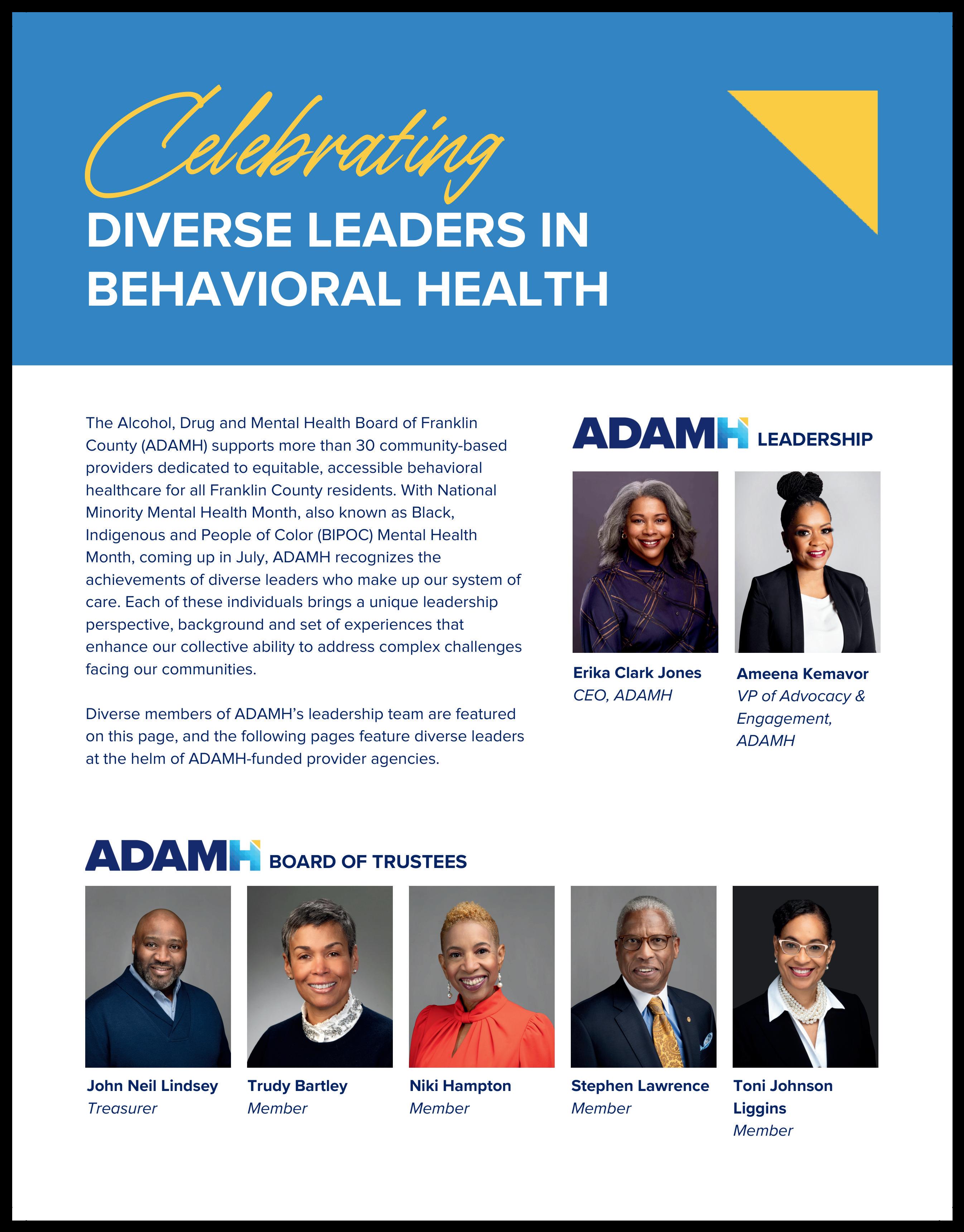
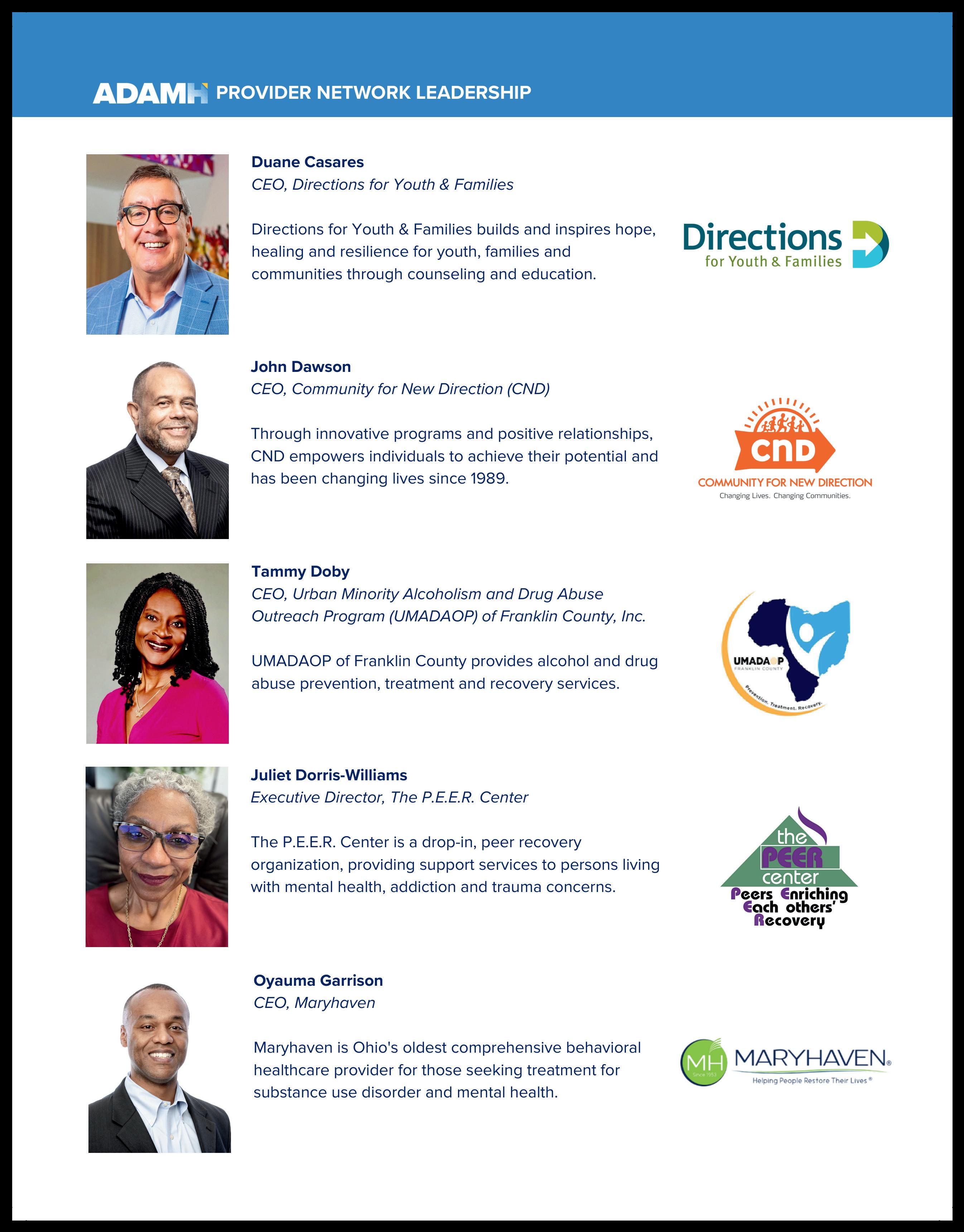
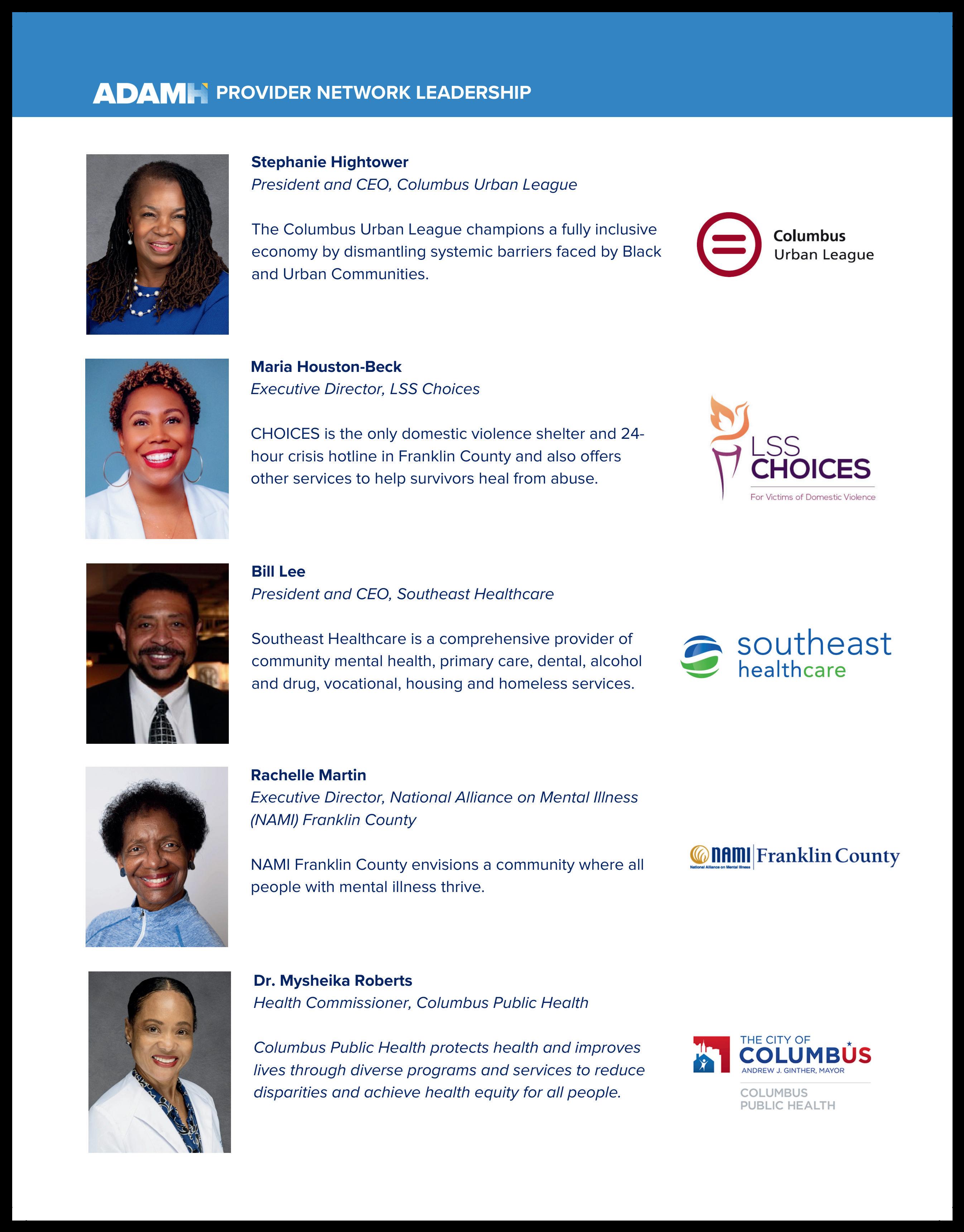

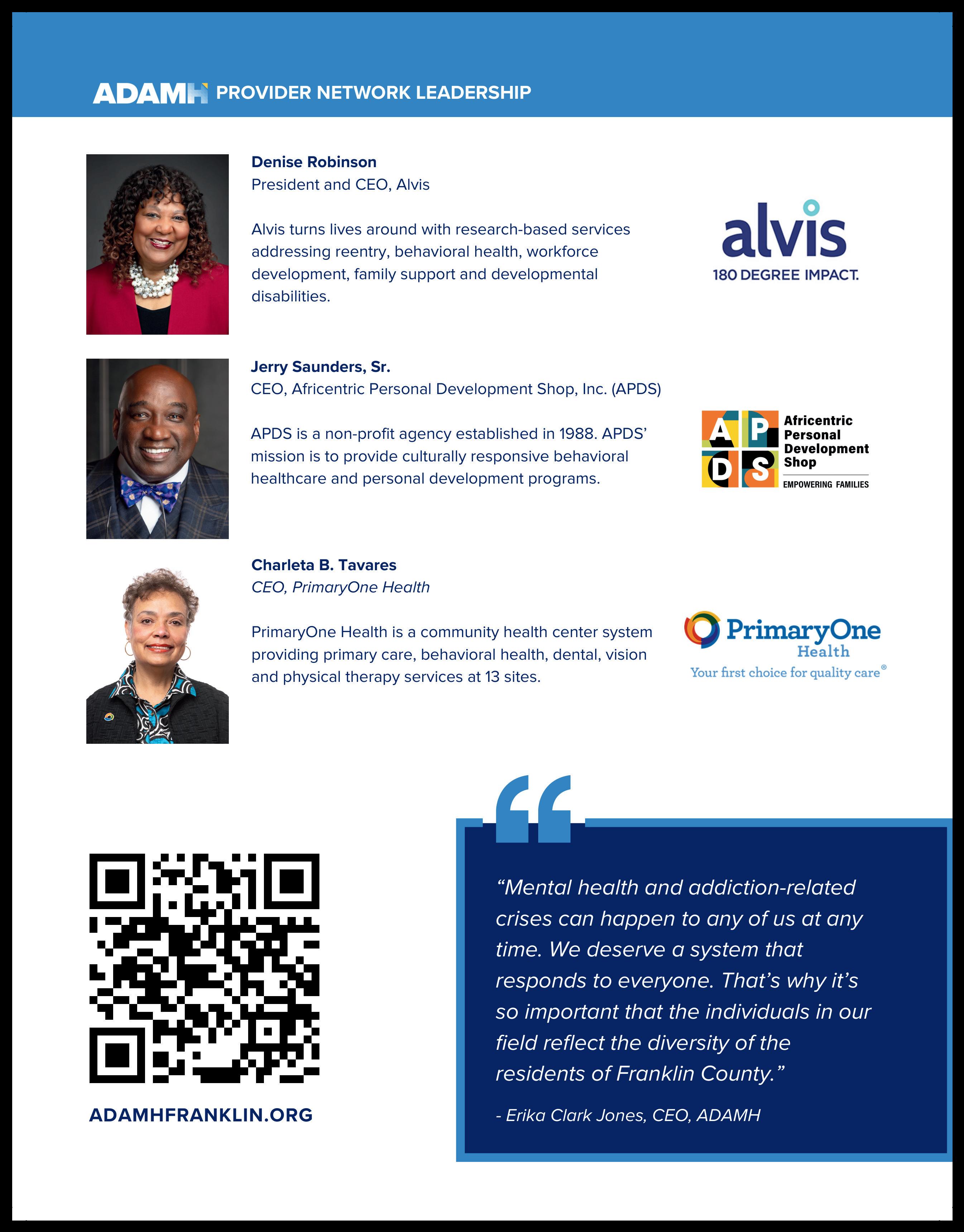
The CMA Foundation supports healthcare heroes and fosters innovation, ensuring equitable access to quality care.
From supporting physicians' well-being to preparing for potential emergencies to tackling the infant mortality rate head-on, we're dedicated to building healthy and resilient communities.
Support us in shaping a brighter future for healthcare by visiting cmafohio.org today.




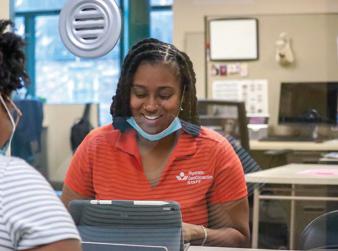
 Dr. Deddeh Korvah-Reed Doctor of Chiropractic
Dr. Deddeh Korvah-Reed Doctor of Chiropractic


Janese Boston is a distinguished chef, motivational speaker, and community advocate based in Columbus, Ohio. She began her culinary career under the guidance of celebrity Chef JR Robinson in Washington DC and gained experience working with an NFL player from the Pittsburgh Steelers. She pursued her education at the Art Institute of Pittsburgh and West Virginia Northern Community College, earning an associate degree in Culinary Arts, alongside an associate degree in Communications.
Janese is the founder and operator of Living Proof Chef Service LLC, where she provides luxury dining experiences. Her service is known for its elevated and creative catering that not only focuses on exceptional food but also on creating an immersive ambiance that complements the dining experience. This attention to detail makes her offerings highly sought after for both private and corporate events. In her advocacy work, Janese has initiated impactful projects like the Build-a-Bond Toy Drive, which helps incarcerated parents in Franklin County, Ohio, provide holiday gifts for their children.


This initiative has received nationwide support, including endorsements from companies like Puma. Drawing on her personal experiences, including overcoming incarceration, Janese actively addresses issues such as gun violence, childhood trauma, and domestic violence. She is a prominent voice in the community, using platforms like Good Morning America and Good Day Columbus to speak advocate for transformation and inspire others. Visit LivingProofchef.com





Throughout the country, there is an increased awareness of the role one’s neighborhood plays in creating health gaps. There is a newly opened community health hub that is using a comprehensive approach that has removed social barriers to healthcare that’s collaboratively shaped by both the community and the healthcare system.
Walking through the doors you are met with a powerful quote from Dr. Martin Luther King Jr. “I have the audacity to believe that peoples everywhere can have food for their bodies, education and culture for their minds, and dignity, equality and freedom for their spirits.”
Building on the legacy of what was once the
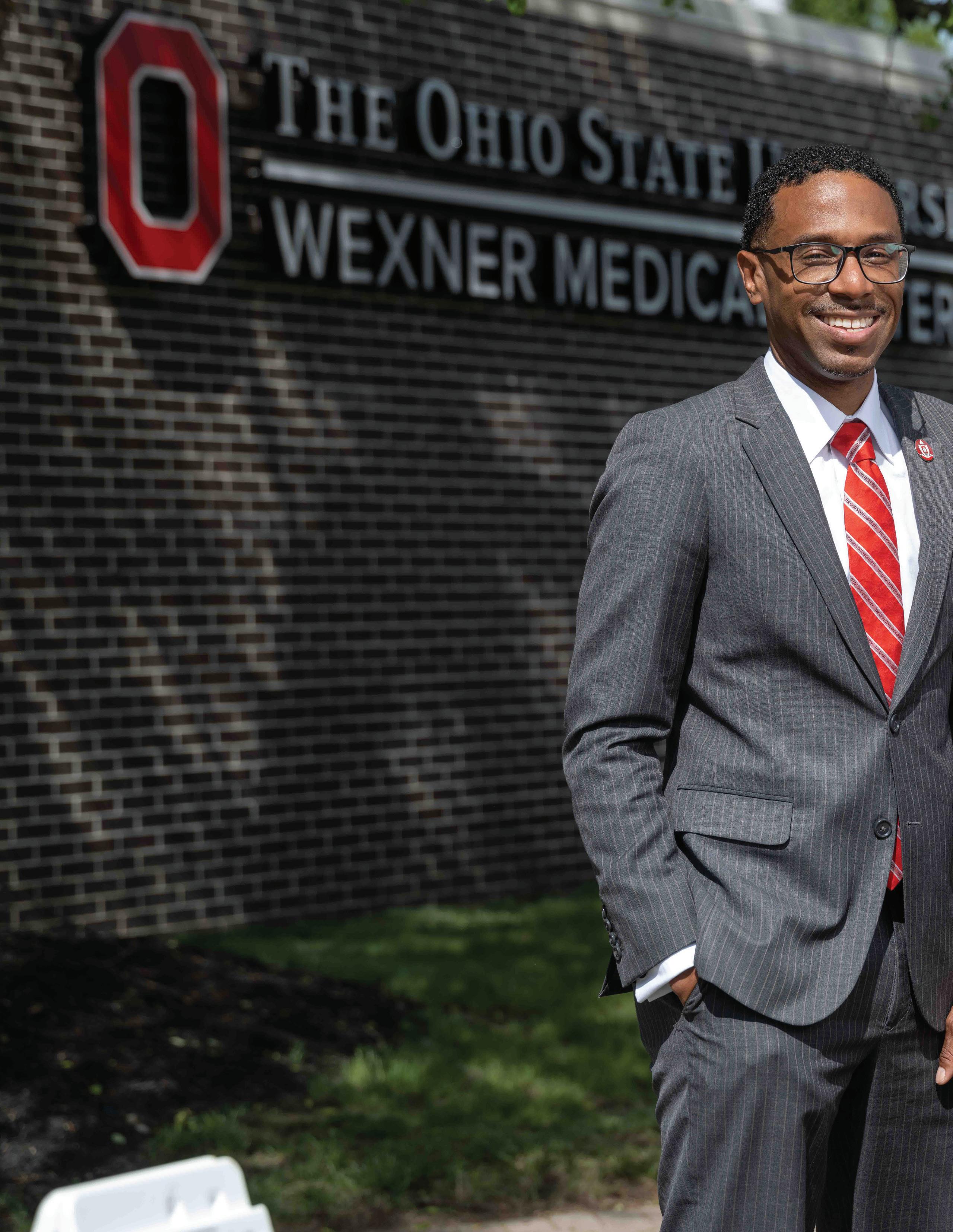
former Columbus Metropolitan Library Martin Luther King Jr. branch, The Ohio State University Wexner Medical Center has opened the Healthy Community Center at 1600 E. Long Street in the Bronzeville neighborhood of Columbus and made it into a health and wellness hub.
The Healthy Community Center is a community gathering place for health and wellness activities. Programming will include healthy eating and exercise workshops, health screening events, cancer risk education and other support services. Groups such as Moms2Be, a community-based program that helps pregnant people have healthy babies, meet regularly.
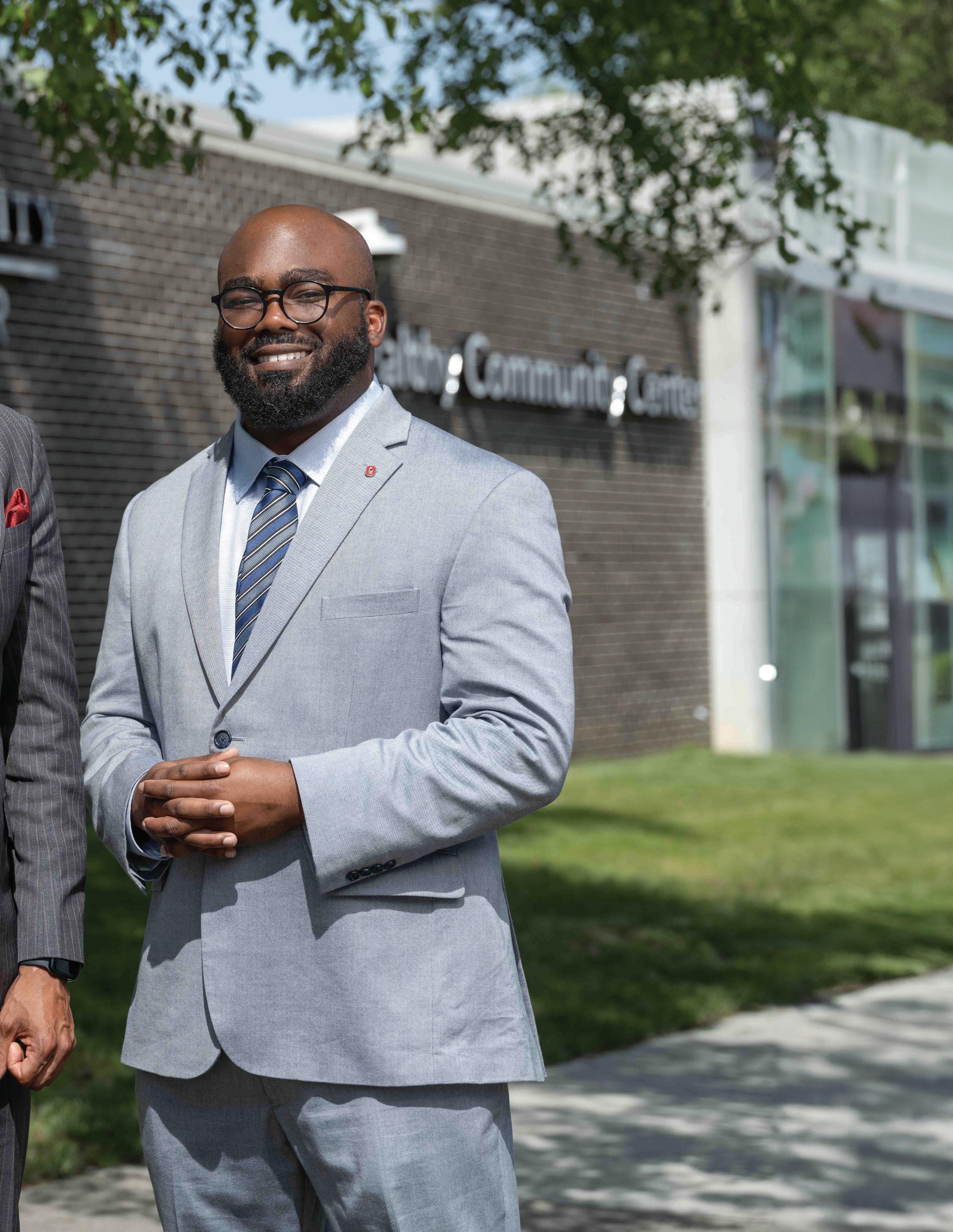
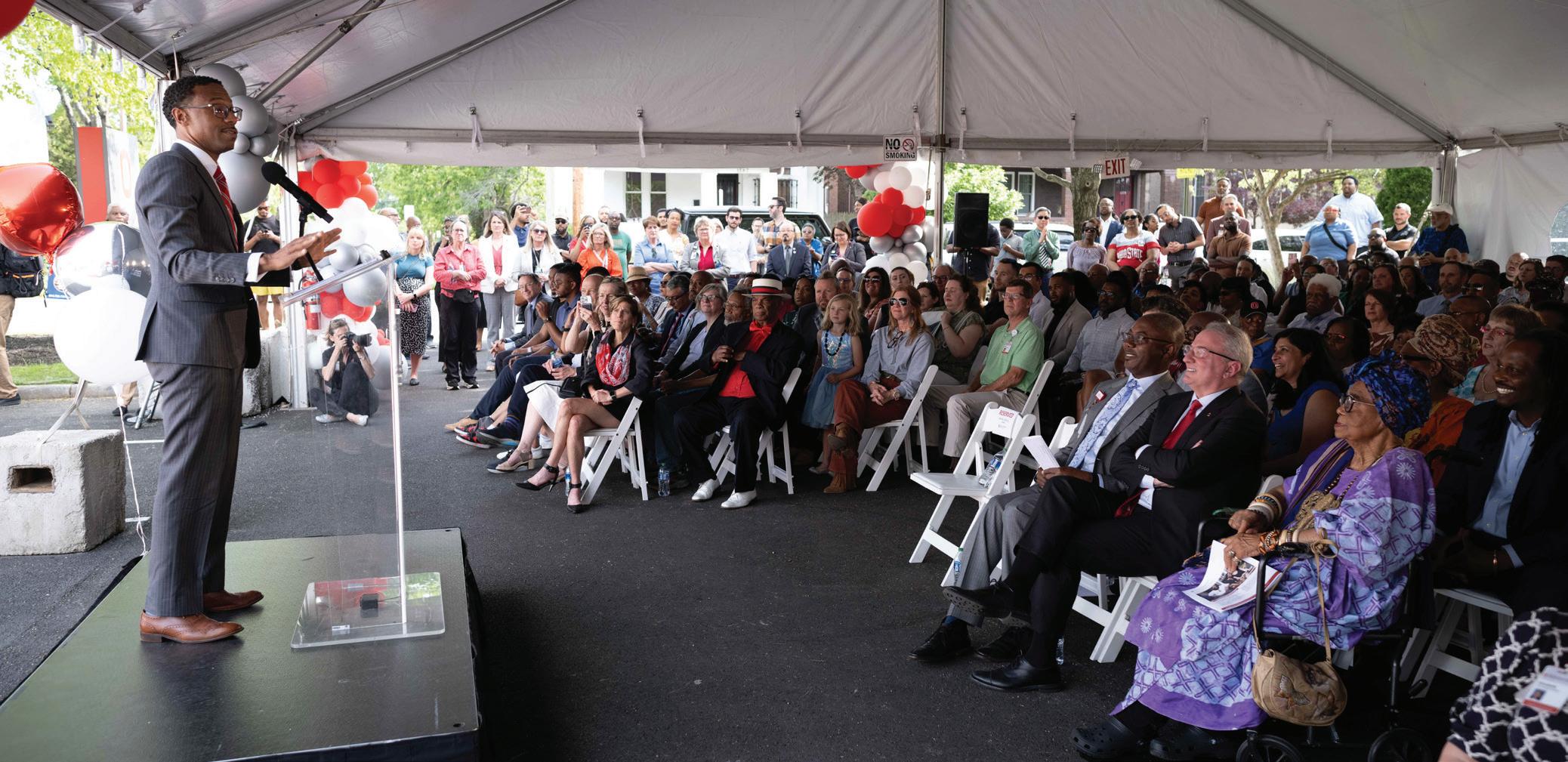
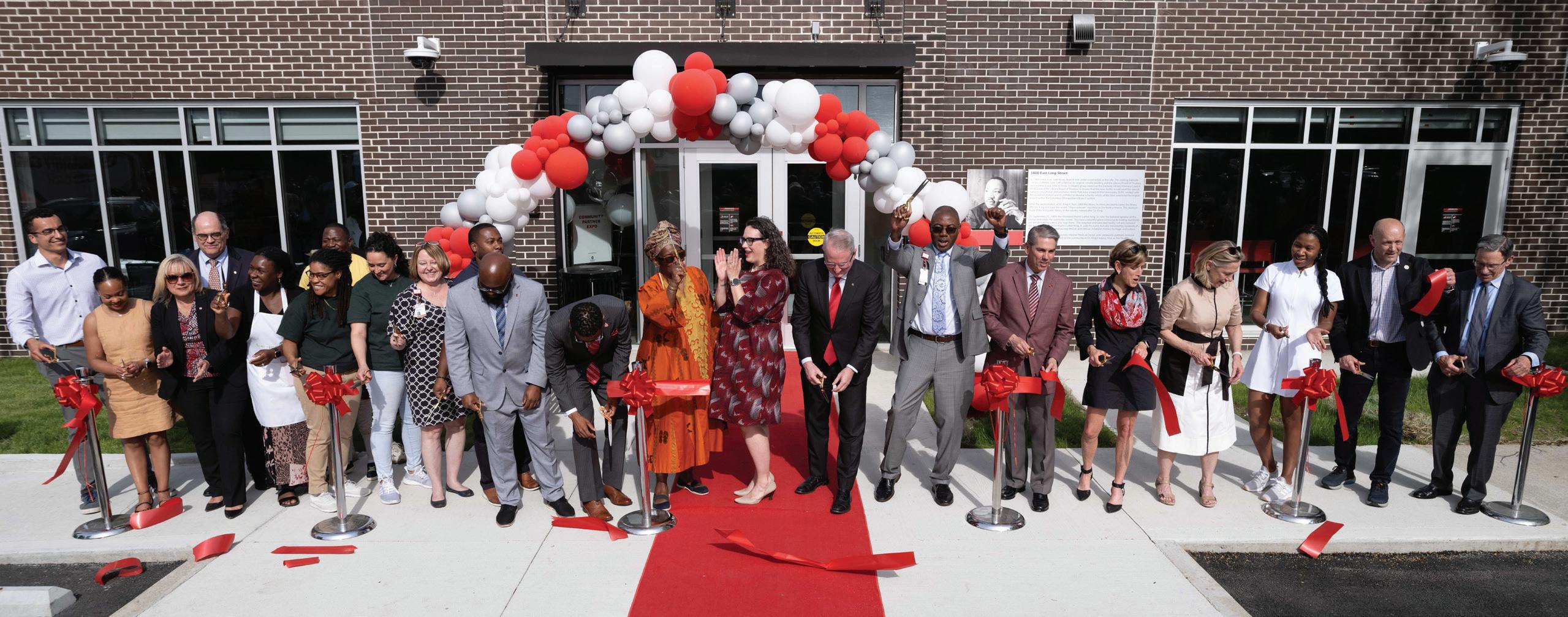
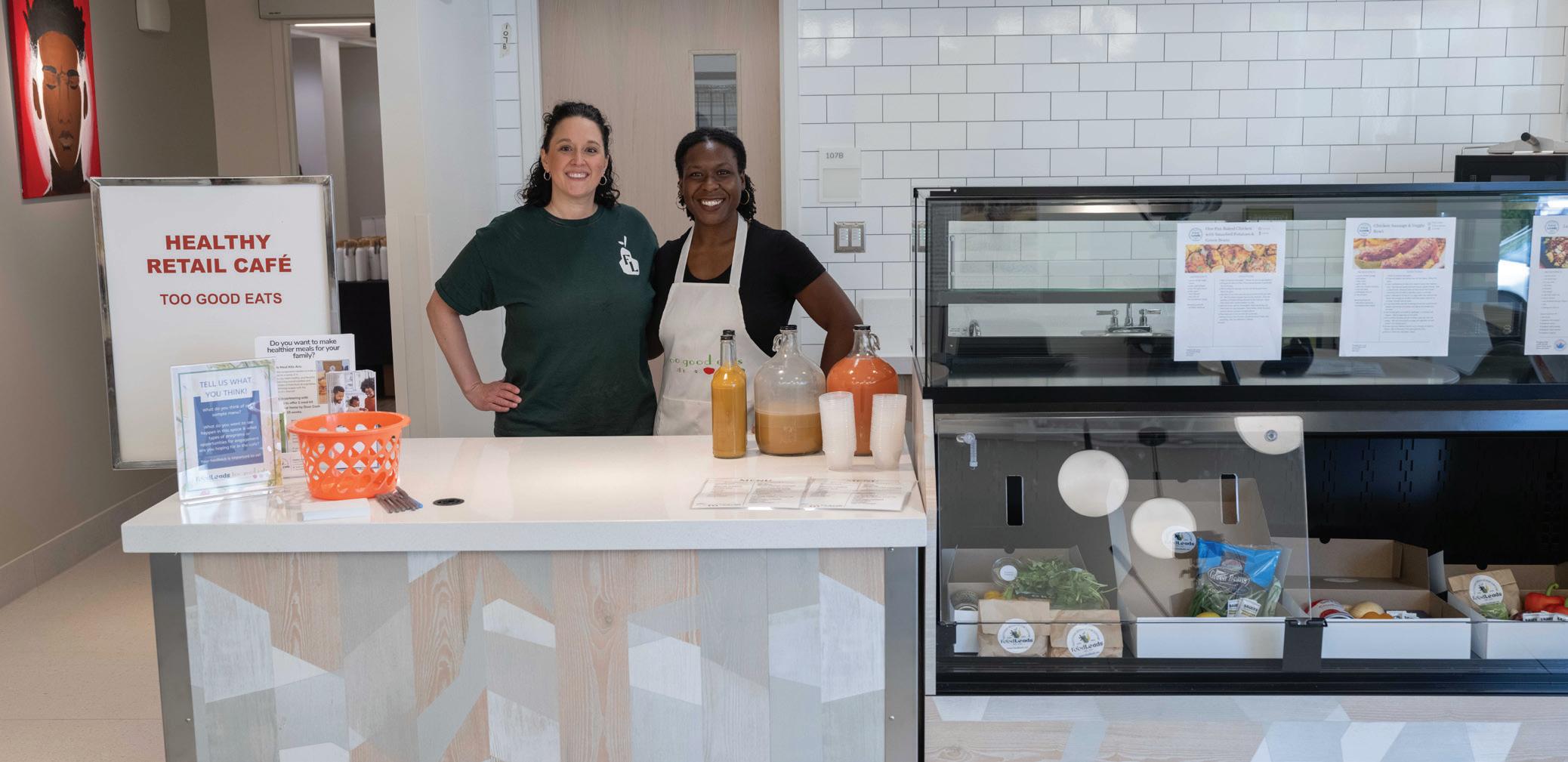

Joshua J. Joseph, MD, MPH, trained endocrinologist and medical director of the Healthy Community Center, amplifies Ohio State Wexner Medical Center’s vision to have a vested interest in valuing all communities and providing healthy offerings that support lifestyle goals. His goal is to see the building bustling with people engaging in health programs where community members are advancing health every day. The center features a modern teaching kitchen to hold healthy eating classes on topics such as diabetes, cancer, heart disease and weight. Visitors can also take part in handson cooking lessons and food demonstrations tailored to the needs and experience of class participants.
“Collaboration is key”, shared Center Director Javonte McDonald, MBA. Partners include the American Heart Association, Mid-Ohio Food Collective, Growing and Growth Collective, Mbube Institute and many local
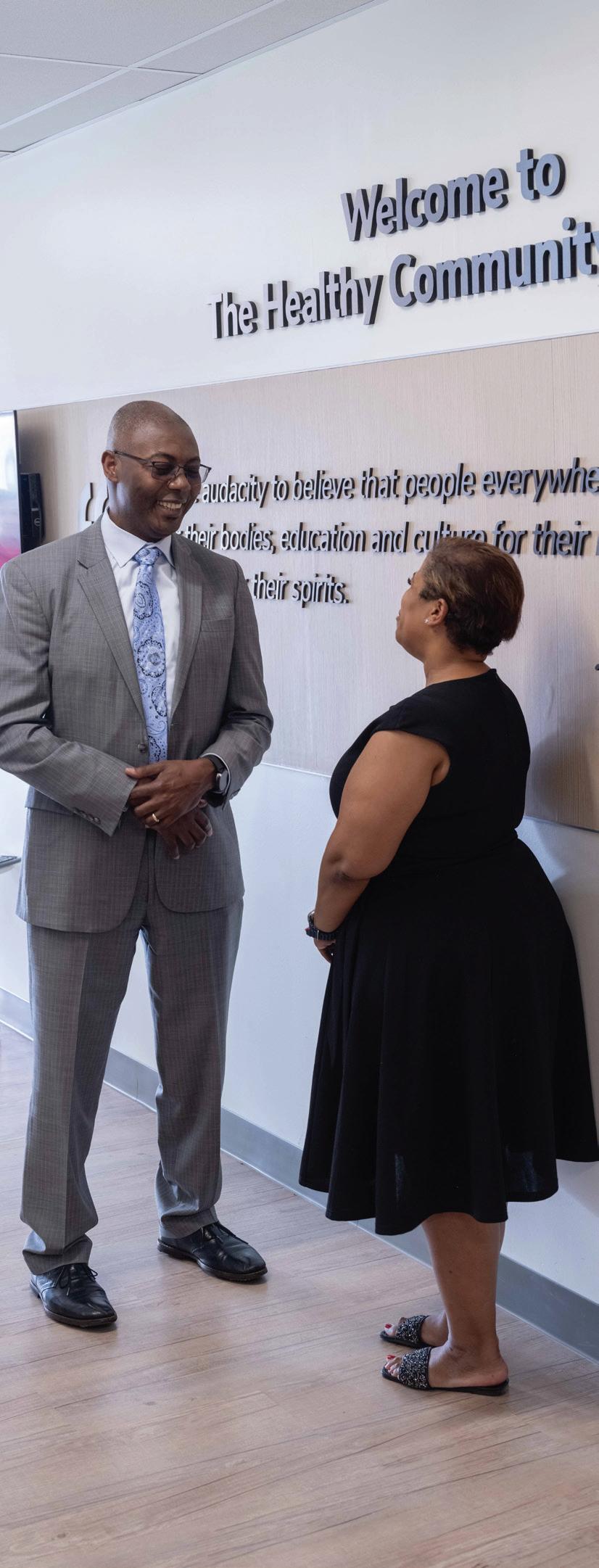
neighbors who conduct health and mindfulness training.
The Healthy Community Center has an innovative model focused on supporting and incubating entrepreneurs with their café, which has ADA accessible indoor and outdoor seating.
It’s encouraging to see that the Center’s leadership understands that interconnectivity and interdependence is the life’s blood of our being, with the presence of others in a werelation, recognizing that our health and that of our communities are tied our neighbors, predecessors and the youth who will walk the streets after us.
To learn more visit: go.osu.edu/hcc
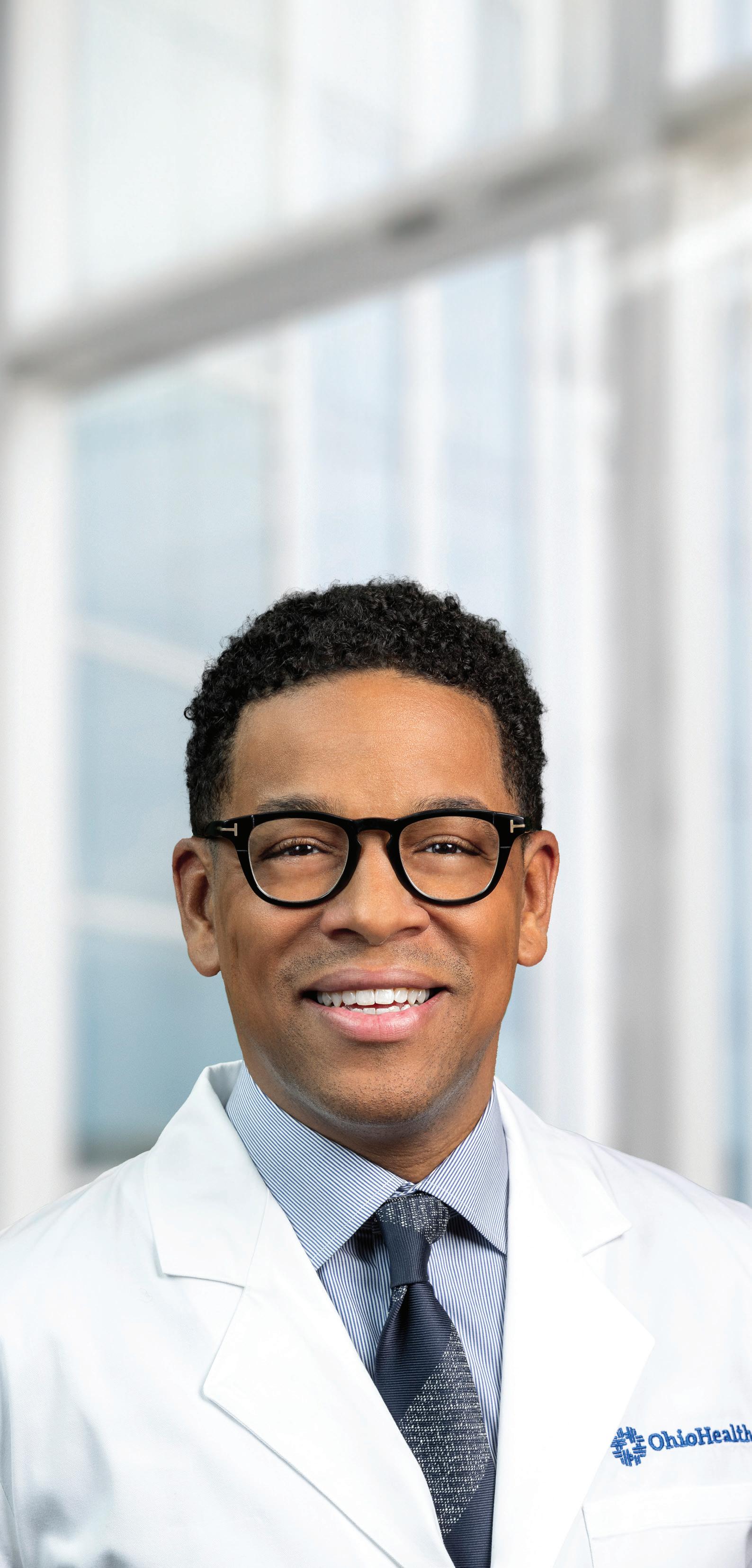
My longstanding fascination with “brain & behavior” drew me into the field of medicine. As I learned more about the various diagnoses affecting people’s brains and behaviors, my desire to help only deepened
Over the years, I have witnessed significant advancements in stroke treatment. When I began managing stroke patients, seeing rapid improvements was rare. Thankfully, such improvements are now becoming more commonplace.
A pivotal moment in my career occurred during my fellowship at the University of Texas at Houston, where my colleagues and I learned of a German mobile ambulance equipped with a CT scanner. This innovation provided rapid, targeted treatment directly in the ambulance—an approach I knew we needed locally.
With deep ties to Central Ohio, I feel a deep connection to this beloved community and am aware of our local social determinants of health. I recognize the disparities in the delivery of cuttingedge medical care across different areas of Columbus. My goal has always been to provide advanced medical care to everyone, regardless of socioeconomic status.
In stroke care, the speed of decisionmaking can be the difference between life and severe disability (or worse). This is why advocacy is crucial to share this fundamental truth. As a stroke neurologist committed to my patients’ recovery, I championed mobile stroke treatment to rapidly give care to all (regardless of zip code).
The Columbus Division of Fire dispatch center is integral to our mobile stroke care initiative. When a stroke is suspected, a 4-member stroke team equipped with a
CT scanner, lab testing equipment, and stroke neurology expertise via telemedicine is dispatched to wherever the patient resides around town. They administer immediate treatment with clot-busting drugs and expedite neurointervention procedures as needed.
Our integration of mobile stroke care into standard emergency medical services, combined with advances in clot retrieval techniques, allows for real-time collaboration with local hospitals like OhioHealth Riverside Methodist, OSU Wexner Medical Center, and Mount Carmel East. This ensures that teams are ready to provide timely interventions to restore blood flow to the brain.
I am immensely proud of what we have achieved and the lives we have saved through our partnership between OhioHealth, local medical centers, and the Columbus Division of Fire.
This May marks our fifth year of treating patients via the Columbus Mobile Stroke Treatment Unit. Delivering equitable, cutting-edge stroke care continues to be our hallmark.
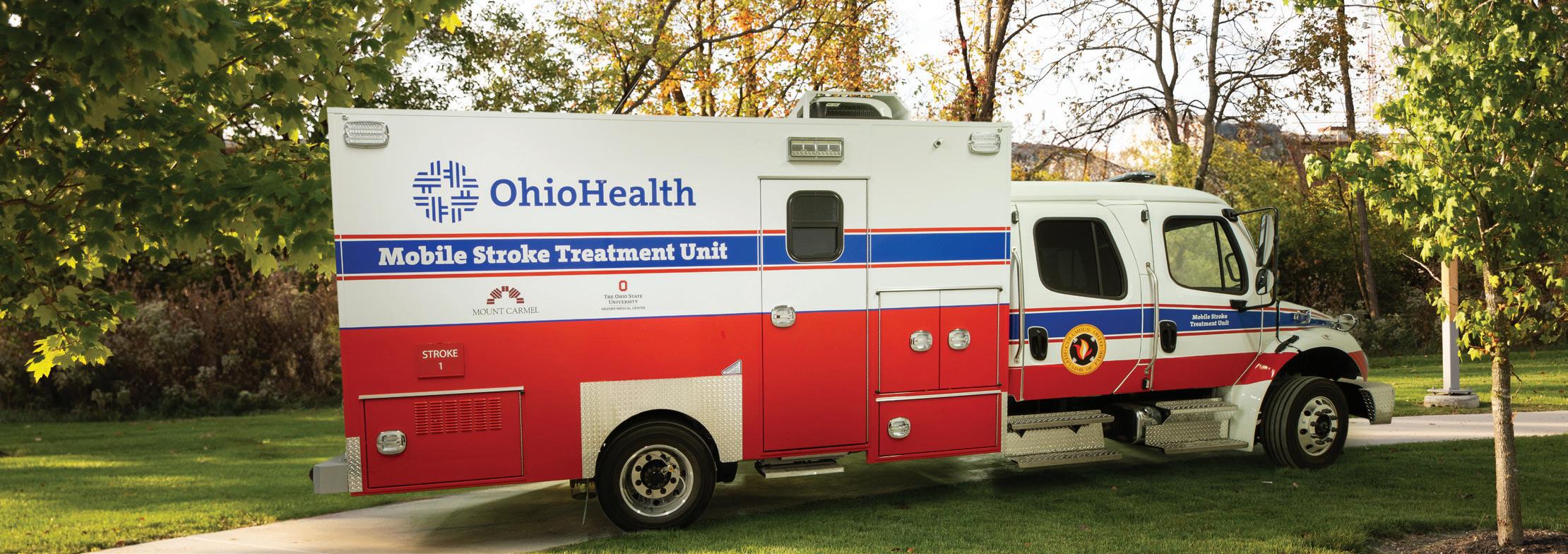
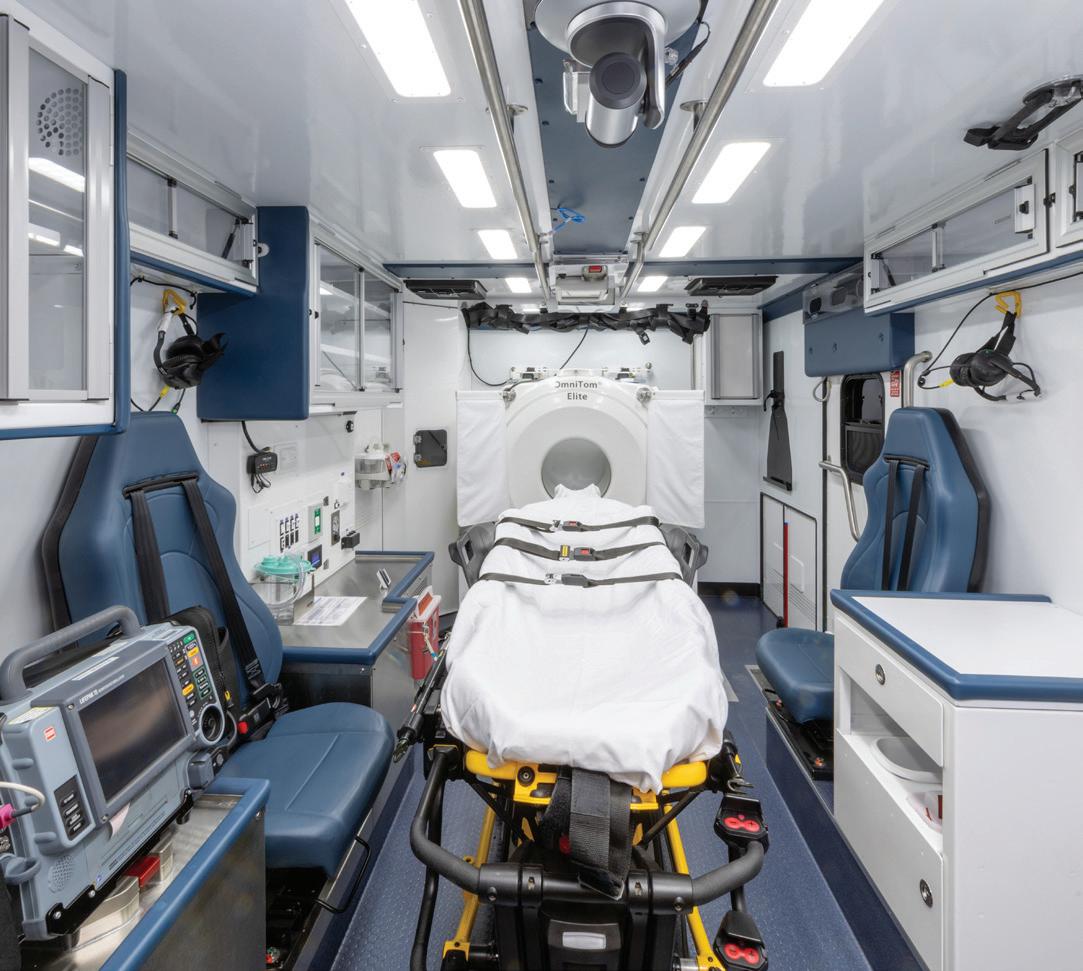
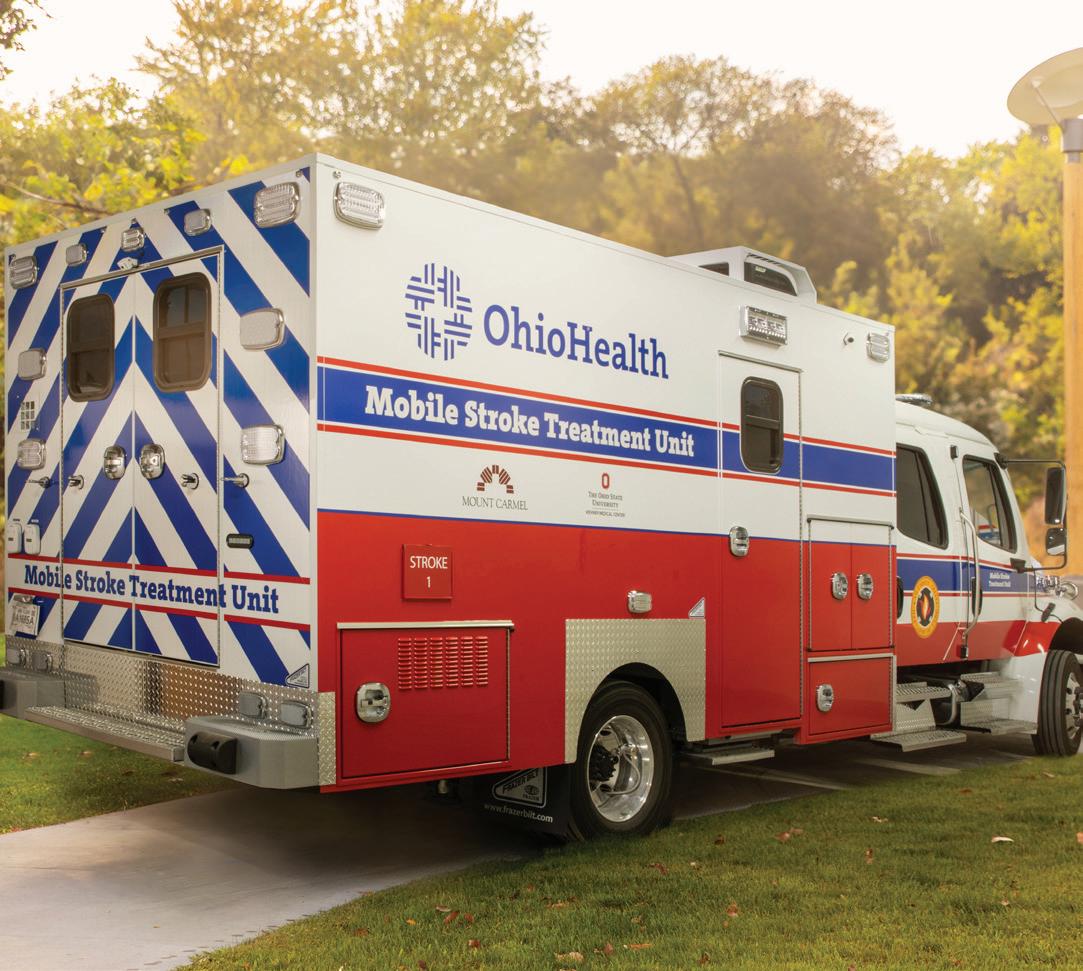
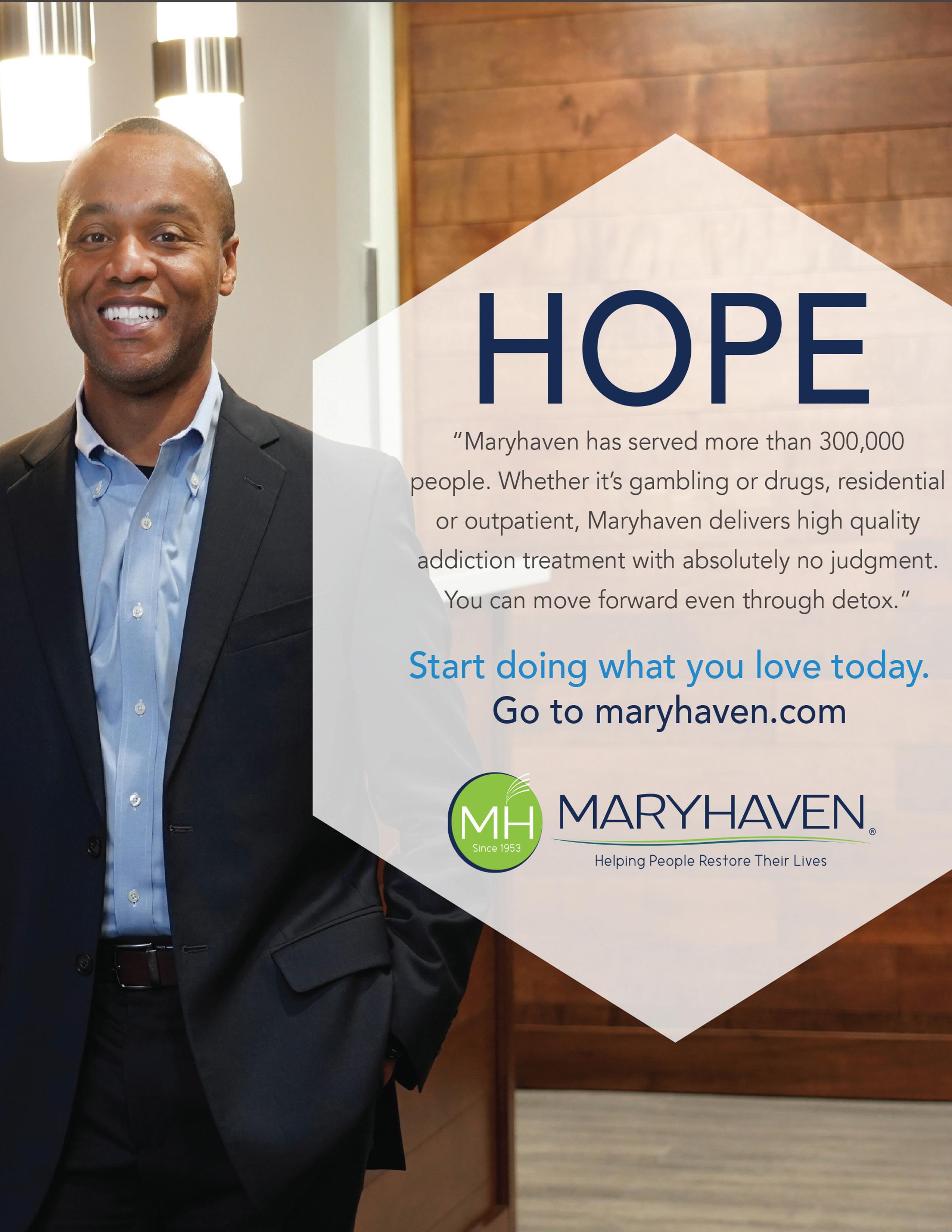






Mahogany Search Partners, a leading executive search firm dedicated to excellence and diversity, in collaboration with Mahogany Media Group, is thrilled to announce the launch of “What’s Up Columbus,” a dynamic weekly career and job bulletin.
“What’s Up Columbus” is set to revolutionize the job market in Columbus, Ohio, by featuring premier opportunities from companies seeking skilled and diverse professionals. Whether you’re an employer eager to showcase your top offerings or a candidate searching for new career possibilities, “What’s Up Columbus” is your go-to resource.
With a commitment to excellence and a track record of success, Mahogany Search Partners and Mahogany Media Group proudly present “What’s Up Columbus” as part of their mission to empower organizations and individuals through strategic talent acquisition solutions.
Aba Azeem is a seasoned talent development leader with over a decade of proven success, Aba Azeem is a Partner at Mahogany Partners. With a background deeply rooted in executive recruitment and development, Aba brings a wealth of experience and expertise to her role. She holds a bachelor’s in business administration from The Ohio State University and is pursuing an MBA in Organizational Leadership at Franklin University.
At Mahogany Partners, Aba continues to shape the future of executive recruitment, delivering unparalleled expertise and fostering meaningful partnerships to drive the success of both clients and candidates. Her dedication to excellence and passion for empowering professionals highlight her commitment to transforming the recruitment landscape.
Kierra Posey is an energetic leader known for her resilience and solutions-focused approach; Kierra Posey brings over a decade of unwavering commitment to excellence. With a Master of Business Administration from the University of Maryland and a Bachelor of Science in Psychology from The Ohio State University, Kierra’s dedication to ongoing education is evident.
At Mahogany Search Partners, Kierra is redefining the executive recruitment landscape, leveraging her expertise to ensure the continued success of both clients and candidates.

Her innovative strategies and dedication to fostering diverse, inclusive environments position her as a visionary leader in the industry.
Mahogany Search Partners is a dynamic executive search firm headquartered in Columbus, Ohio, proudly owned by Black women. With a commitment to excellence and global reach, Mahogany Search Partners specializes in identifying and securing top-tier talent across various domains, including Human Resources, Operations, Marketing, Sales, and Technology.
At Mahogany Search Partners, we are deliberate in our search for diverse candidates, integrating diversity, equity, and inclusion principles into every aspect of our work. Our resilient and solutions-focused team is committed to exceeding client expectations, shaping the future of executive recruitment, and driving success for both clients and candidates.
Discover the Mahogany Search Partners difference – where innovation, diversity, and exceptional service create a transformative recruitment experience.
For more information about “What’s Up Columbus” and Mahogany Search Partners, please visit www.whatsupcolumbus.jobs or email hire@MahoganySearchPartners.com



When Tauana McDonald started her professional career in the late 1980s at corporate giants IBM and Deloitte, she was often the only woman of color in the room. It was isolating and intimidating to say the least. But that’s when she would remind herself of something her grandmother ingrained in her early on in her life.
“She always told me you have to ‘bloom where you’re planted,’” McDonald recalled. “She wanted me to try to do my best in whatever circumstances I found myself. So I’ve tried to do that and, thankfully, good things have come.”
Those “good things” include a well-earned place at the top of her profession. As the new president and CEO of Mount Carmel, she’s responsible for overall strategy, operations, and care delivery for the entire health system. As the first African American female chief executive in the health system’s 138-year history and the first-ever in central Ohio, she has a unique and significant leadership role in the community as well.
It’s a role she’s been preparing for her whole life. It started with earning her bachelor’s degree in human biology from Stanford University and her masters in health service management and policy from the University of Michigan. The path wasn’t always straight, though. She had to be adaptable and willing to take on new challenges. When she first joined Mount Carmel’s parent Trinity Health, she was working in Information Technology. But when her passion for patient care led her in a new direction, she followed it with her grandmother’s mantra in mind.
That passionate drive has led her into leadership roles outside the health system as well. She’s involved with two all-female community outreach organizations, The Links Incorporated and The Girlfriends. A Fellow of the American College of Healthcare Executives, Tauana serves on the boards of the Mount Carmel Behavioral Health Hospital, Mid-Ohio Food Collective and is President of the OSU/Mount Carmel Alliance Board.
Her commitment and success haven’t gone unnoticed. She’s been named one of the Top Minority Executives in Healthcare by Modern Healthcare, recognized as Lifeline of Ohio’s 2023 Executive of the Year, a 2023 Women for Economic and Leadership Development honoree, a 2022 Uplift Her honoree for the African American Male Wellness Agency.
“Tauana’s an inspirational leader with a great heart,” said Dr. Scott Wilber, president of Mount Carmel East. “Her approach is always open and caring. She places relationships first, looks at situations through the eyes of all involved, and always finds ways to lift others up. At the same time, she never shies away from a challenge. She’s a powerful mixture of personal humility and indomitable will, which explains why she’s so successful.”
It feels like she’s got this “bloom where you’re planted” thing down.
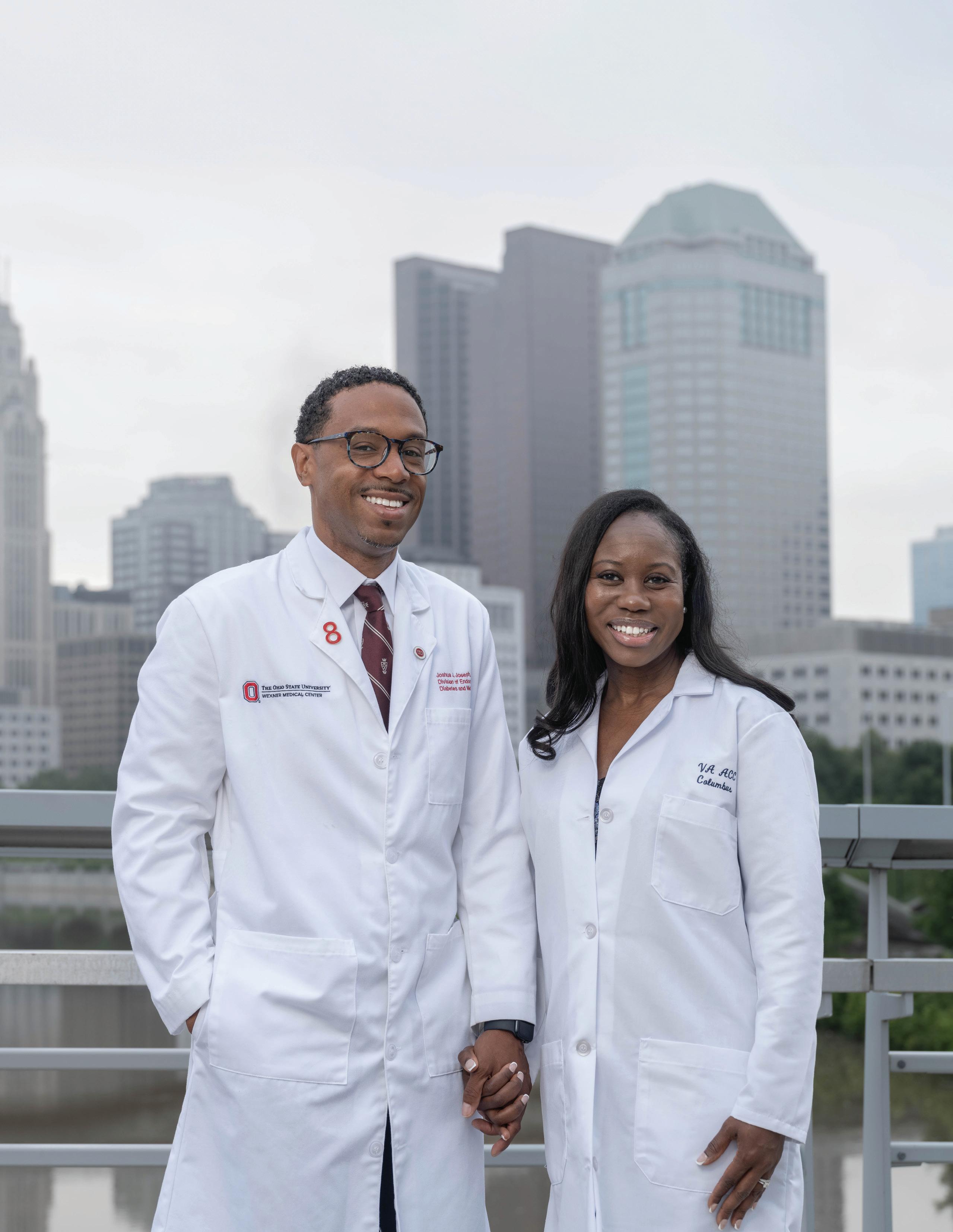
Drs. Reversa R. and Joshua J. Joseph are dynamic duo in the medical field advancing health in our community. Brilliant, Black, courageous and committed is how the “Dr. Josephs” can be described. They are systematically addressing health inequities faced by marginalized communities to catalyze healthier outcomes through community engagement, clinical care, research, quality improvement and servant leadership. Most importantly they “do the work” directly with patients and populations to affect change, with an eye towards shaping policies to improve the environments that all individuals live. A lofty task even for this powerhouse couple.
As community servants, the Joseph’s work aims to empower patients and communities to lead healthier, longer lives. The folks they seek to serve, to advocate for; to gain the trust of; and who ultimately rely on them “the good doctors” to serve a responsible stewards of sharing health information to increase health literacy in communities near and far.
They challenge the medical and public health professions to hear the “unheard” through educating colleagues, organizations and institutions in talks around the country in order to raise the inquiry that ushers in change. Carrying the voices of many into rooms reserved for the most privileged and thereby sharing with their colleagues that the needs of all communities must be acknowledged and the guarantee of “agency” over health care decisions is the most basic of human rights.
Reversa and Joshua are blessed with two sons, fouryear-old, Jeremiah and his big brother Joshua, 8. I was recently gifted with an original piece of work, a part of the young Joshuas’ custom rock design business. The beautiful piece is a clear example of what
is to come from the Joseph boys. Joshua’s parents, Sandra and the late Harrison Joseph, were owners of CONSOC Housing Consultants and community advocates to improve housing, and it is well known that housing is the cornerstone of health.
The Josephs’ commitment to the well-being of the African American and marginalized communities is commendable. Yes, we are blessed with a rich history of African American medical pioneers in Columbus, all the way back to the Alpha Hospital founded in 1920 by Dr. William Method and Dr. R. M. Tribbitt, but the uniqueness of their delivery is the double dose of influence their work has on the entire community.
The medical landscape is in constant evolution, but the Joseph’s are making pioneering contributions to equitable access to knowledge and services leading to prevention and treatment of chronic health conditions. Drs. Reversa and Joshua Joseph wake up every day to answer the call to serve.
My conversations with Dr. Reversa Joseph
Joshua and I formally met on the first day of Intern orientation at Yale School of medicine. although we were both involved in the same social and professional circles – attending events and conferences – it was at Yale that we finally met.
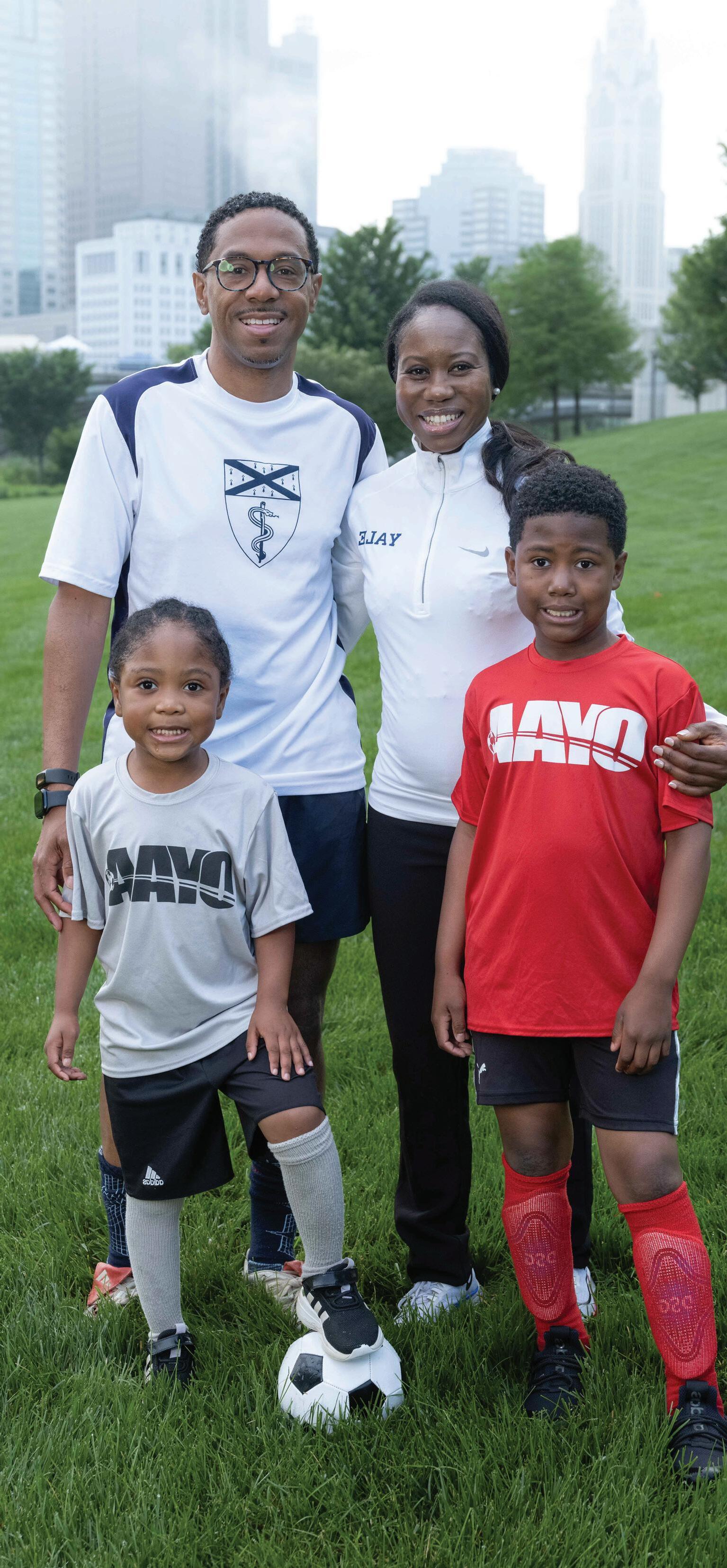
What inspired you to pursue a career in medicine and how has your family been impacted by your choices?
My journey began with a passion for understanding human behavior and a fascination with the complexity of the brain. I love solving problems and seeking answers to challenges, which led to my interest in neurology. My father, a Vietnam Veteran, struggled with Parkinson’s disease and dementia. His medical condition was pivotal in my choice of specialization in movement disorders.
As a wife and mother, I promote healthy behaviors, making good food choices and we even grow our own vegetables. Joshua and Jeremiah plant a small garden after selecting vegetables they want to eat. We are active and encourage them to look for unique interests that involve healthy physical activity. Joshua is a budding entrepreneur (author’s note…love the rock art!) and I am sure Jeremiah will find hobbies/interests that are equally fulfilling.
In short, my medical career and family values are intertwined, I encourage a holistic approach to health in words and practice.
How does family support impact your medical career?
Family support has been absolutely instrumental in my medical career. Our partnership as soulmates and parents allows us to balance our demanding careers while raising our children. We understand what it takes to serve and often make difficult choices that are not “popular” with our young sons. This unwavering support system enables me to pursue my passion for neurology and provide the best care for my patients, knowing that I have a strong foundation at home.
Of the many challenges/opportunities you have encountered in the medical profession is there a particular memorable experiences/challenges?
One of the most memorable experiences is the transition of my practice to the VA to address the unmet needs of veterans with movement disorders. Of course, the decision to join the VA was influenced by my father’s condition. While grappling with his condition was personal and difficult it heightened my desire to serve vulnerable populations, unfortunately our country’s veterans are a part of that group. The diverse racial, social and economic background of VA patients allows me to introduce treatment plans and options that may have not been offered previously.
I am the only Black female neurologist in Columbus specializing in intraoperative monitoring, a crucial yet often overlooked field in surgical safety. Although this technique is the industry standard of care, it is frequently not offered to African Americans. Intraoperative monitoring is essential during spine surgeries, tumor removals, aneurysm clippings and other surgical procedures, as it assesses the functional integrity of the nervous system in real-time. This monitoring helps prevent neurological damage during the procedure, ensuring that patients’ faculties remain intact post-surgery. I am also pleased to have developed and now lead the Movement Disorders Clinic at the VA. This clinic consists of a Multidisciplinary Care Team that provides comprehensive, integrative care to veterans with Parkinson’s and other neurological disorders. We create tailored plans for each patient, incorporating yoga, tai chi, mediation, massage, chiropractic therapy, and acupuncture.
What will be your legacy?
I aspire for my legacy to be one that honors my dedication to advancing the field of neurology and improving the health of our community. I hope to inspire the next generation, sparking their interest in neurology and increasing the pipeline of compassionate neurologist who are committed to community health. Through my work, I will emphasize the importance of preventive neurology, aiming to prevent the development of dementia and other neurological disorders.
Ultimately, I believe my legacy will be the insistence that health care disparities be eliminated and replaced by the universal acknowledgment that equitable access to quality health care is nonnegotiable.
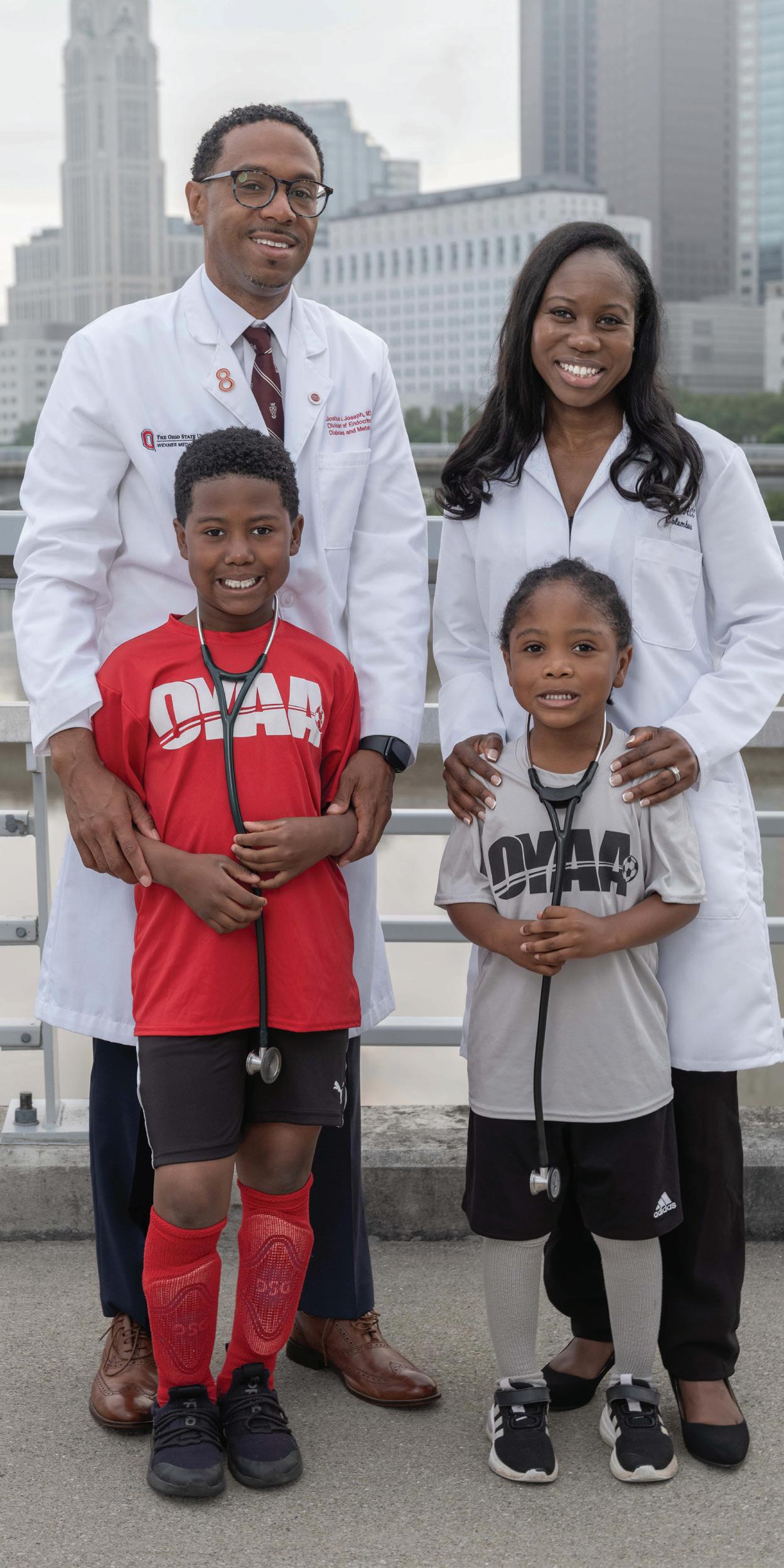
Joshua, a Columbus native, is a graduate of Morehouse College and Boston University School of Medicine, with completion of residency and fellowship at Yale University School of Medicine and Johns Hopkins University School of Medicine, respectively. He is an associate professor and the Endowed Professor for Research in Internal Medicine at The Ohio State University Wexner Medical Center. Joshua treats patients with diabetes and cardiovascular disease on the Near East Side of Columbus at OSU Outpatient Care East.
Joshua’s research focuses on advancing prevention and treatment of obesity, diabetes and cardiovascular disease through a health equity lens with four pillars: 1) Big Data Analytics; 2) Health System to Community Partnerships; 3) Community-Based Participatory Research; and 4) Quality Improvement. Joshua and his ACCELERATE research group have published over 100 articles and their work has been featured nationally and internationally, including in USA Today, Time Magazine, Sirius XM Doctor Radio, CBS News, NBC News, ABC News and PBS Newshour. Joshua is also the founder and medical director for the recently opened OSUWMC Healthy Community Center, which focuses on advancing nutrition and wellness in Central Ohio.
Joshua is also the president-elect of the Central Ohio American Heart Association, a Board Member for Buckeye Health Plan and Columbus Public Health, Chair of the Clinical Affairs Core Committee for the Endocrine Society and serves as Medical Director for The National African American Male Wellness Agency. Joshua has been recognized for this impactful work with many awards including most
recently The Ohio State University’s 2024 Early Career Distinguished Scholar and Community Engaged Scholar Award. Nationally, he was recently recognized as the Endocrine Society 2024 Richard E. Weitzman Outstanding Early Career Investigator Awardee, which honors one outstanding researcher annually, for achievements in the field of endocrinology and metabolism by a young investigator.

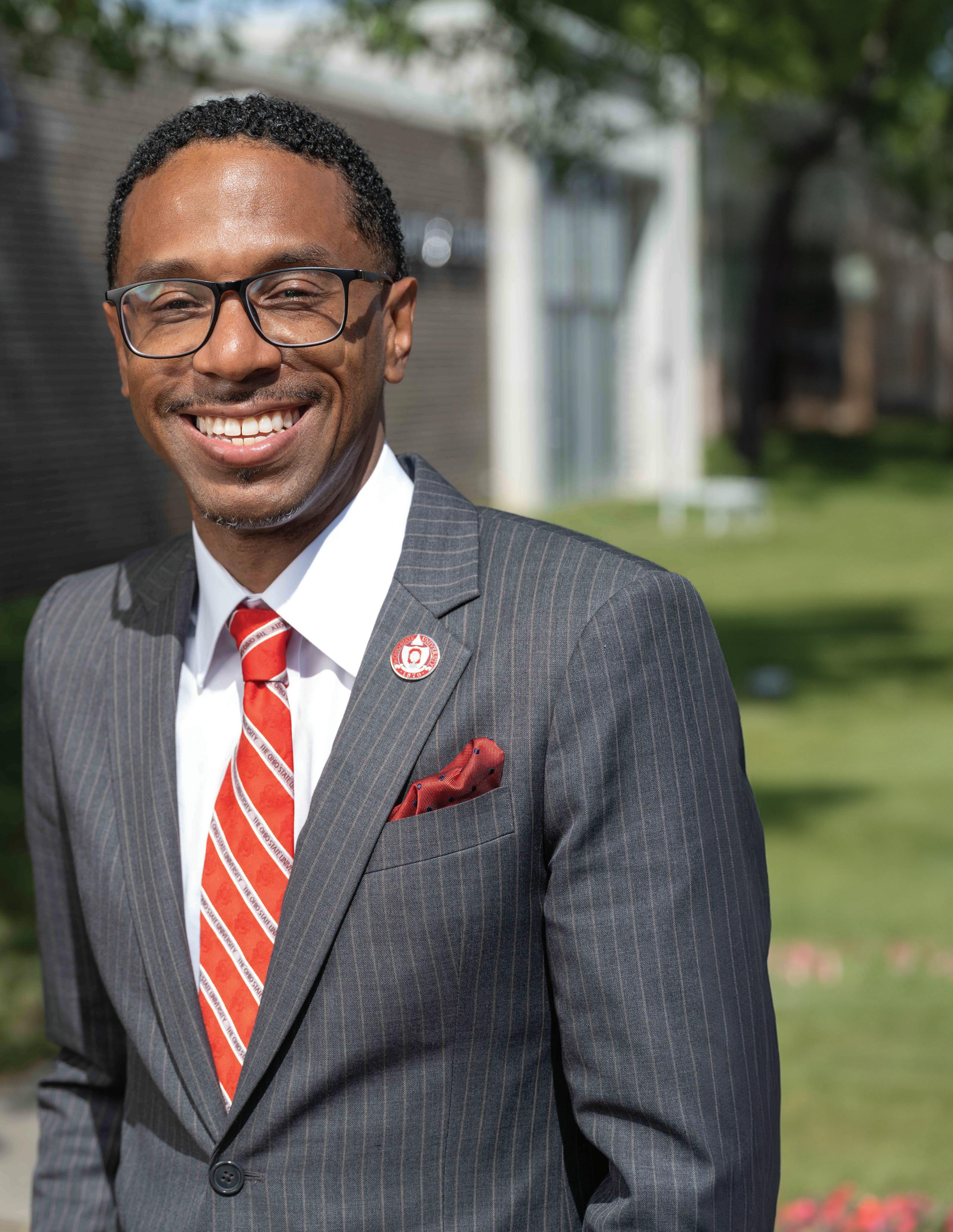
Reversa is a neurologist, a graduate of Columbia University and Georgetown University for undergraduate and medical school respectively. She completed her internship and Neurology residency at Yale University School of Medicine, followed by fellowship training in movement disorders at Georgetown University and undertook a second fellowship in clinical neurophysiology at the National Institutes of Health, focusing on intraoperative monitoring. She currently leads the Movement Disorders Clinic at the Chalmers P. Wylie VA Ambulatory Care Center in Columbus, Ohio. Her passion for delivering high-quality neurological care to military veterans is inspired by her deep understanding of challenges that veterans face from her father’s experience as a Vietnam veteran diagnosed with Parkinson’s disease after a significant delay due to misdiagnosis.
Neurology is the branch of medicine that focuses on the study of the nervous system disorders, which includes the brain, spinal cord and peripheral nerves. The nervous system is responsible for controlling and coordinating various bodily functions, from breathing and heartbeat to movement, sensation and cognition. Reversa specializes in movement disorders and leads a center at the VA focused on Parkinson’s Disease, characterized by symptoms such as tremors, stiffness, and difficulty with balance and coordination. Outside the clinic, Reversa is dedicated to community education about Parkinson’s disease. She is a board member of the Parkinson’s Foundation and Chair of the Health and Human Services Facet of the Columbus (OH) Chapter of The Links, Inc., where she organized a Black Family Wellness Expo to address health issues affecting African American families. She promotes brain health through community education on effects of opioids, meditation, and integrative therapies, and serves
as faculty for the Integrative Medicine Fellowship at The Ohio State University (OSU). She also authored a book chapter on integrative therapies for Parkinson’s disease.
Reversa was the keynote speaker at the inaugural Parkinson’s Disease in the African American Community Symposium in North Carolina and developed a novel Learning Institute to train people with Parkinson’s and their care partners to collaborate with researchers. Her work on mitigating health inequities in African Americans with Parkinson’s disease through research advocacy was highlighted at the American Academy of Neurology, where she presented on this topic. She has given national lectures and keynote presentations to raise awareness about health disparities in African Americans with Parkinson’s disease and participated in podcasts to emphasize that Parkinson’s is not just a white man’s disease.
Committed to training the next generation of Black doctors, Reversa serves as an Advisor at OSU for the Mentor Me program, pairing high school students interested in science with medical students, and is faculty for the Made for Medicine program, providing hands-on learning for Black middle and high school students interested in medicine.

NEUROLOGIST
CHALMERS P. WYLIE VA
AMBULATORY CARE CENTER
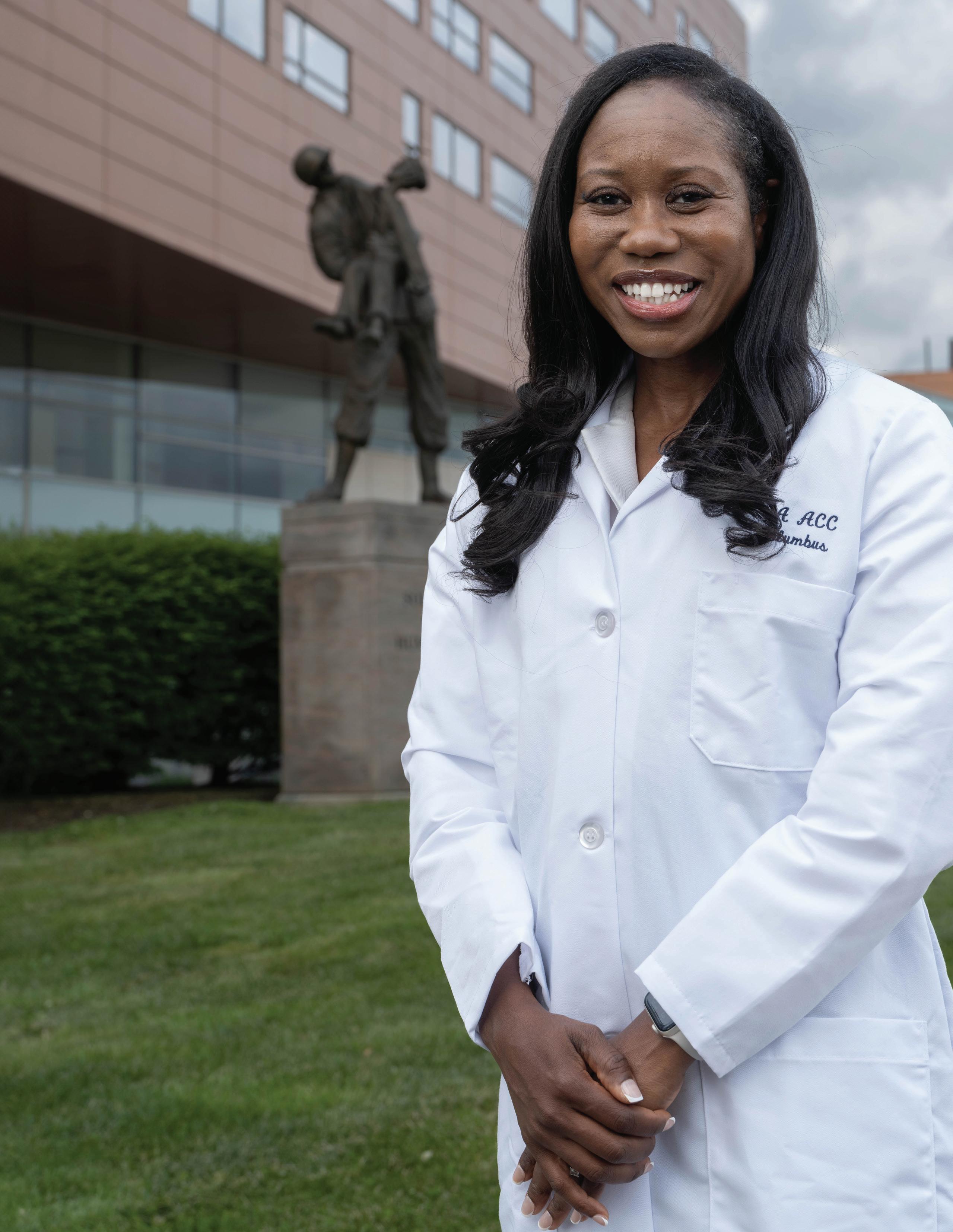
Dr. Deddeh Korvah-Reed is a pillar in her community as the only African American female who owns a multidisciplinary wellness center. Inspired by her favorite poem, Invictus, by William Ernest Henley
“Out of the night that covers me, Black as the pit from pole to pole, I thank whatever God may be For my unconquerable soul.”
These words run deep within her because she is truly a minority and a rarity to have achieved longevity in her field, owning Divine Chiropractic and Wellness Center for 15 years.
Dr. Korvah-Reed is a beacon of compassion and healing in the bustling Olde Towne East business district. Her practice is a haven for those seeking alternative healthcare. Her dedication to understanding and addressing her patients’ pain points is the driving force behind her work. Her aspiration for the future of chiropractic is to bring alternative medicine to the forefront. The Chiropractic profession has endured a “negative” connotation. However, she desires to reduce the onus by educating the community on how the body and nervous system work and chiropractic’s role in preserving health. Her patients are in amazement at the effectiveness of maintaining proper spinal alignments and how that is the natural solution for so many ailments most of the time. Alternative medicine has its place in the world for healing in abundance.
She is a physician who also advocates for improving maternal outcomes in the African American community. She sits on the board of Queens Village Columbus, an organization deeply rooted in reducing infant mortality
rates in Ohio. She has also held a board position with the King Lincoln Family Services. Dr. Korvah-Reed is the servant leader of the Health and Wellness ministry at Unity Baptist Church of Columbus.
Dr. Korvah-Reed earned a Doctor of Chiropractic degree from Parker College of Chiropractic in Dallas, Texas, and a Bachelor of Science degree from the University of Cincinnati. Her honors include Top Chiropractor 2020, Women in Medicine Top Chiropractor 2021, 2022, and Who’s Who Honors Edition 2024. However, her highest honor is being a “mom” to her amazing 14-year-old son, Deon, and 12-year-old daughter, Sierra. Although she knows she is the master of her own fate and the captain of her soul, she believes showing up with authenticity ignites the change she so desires to have.

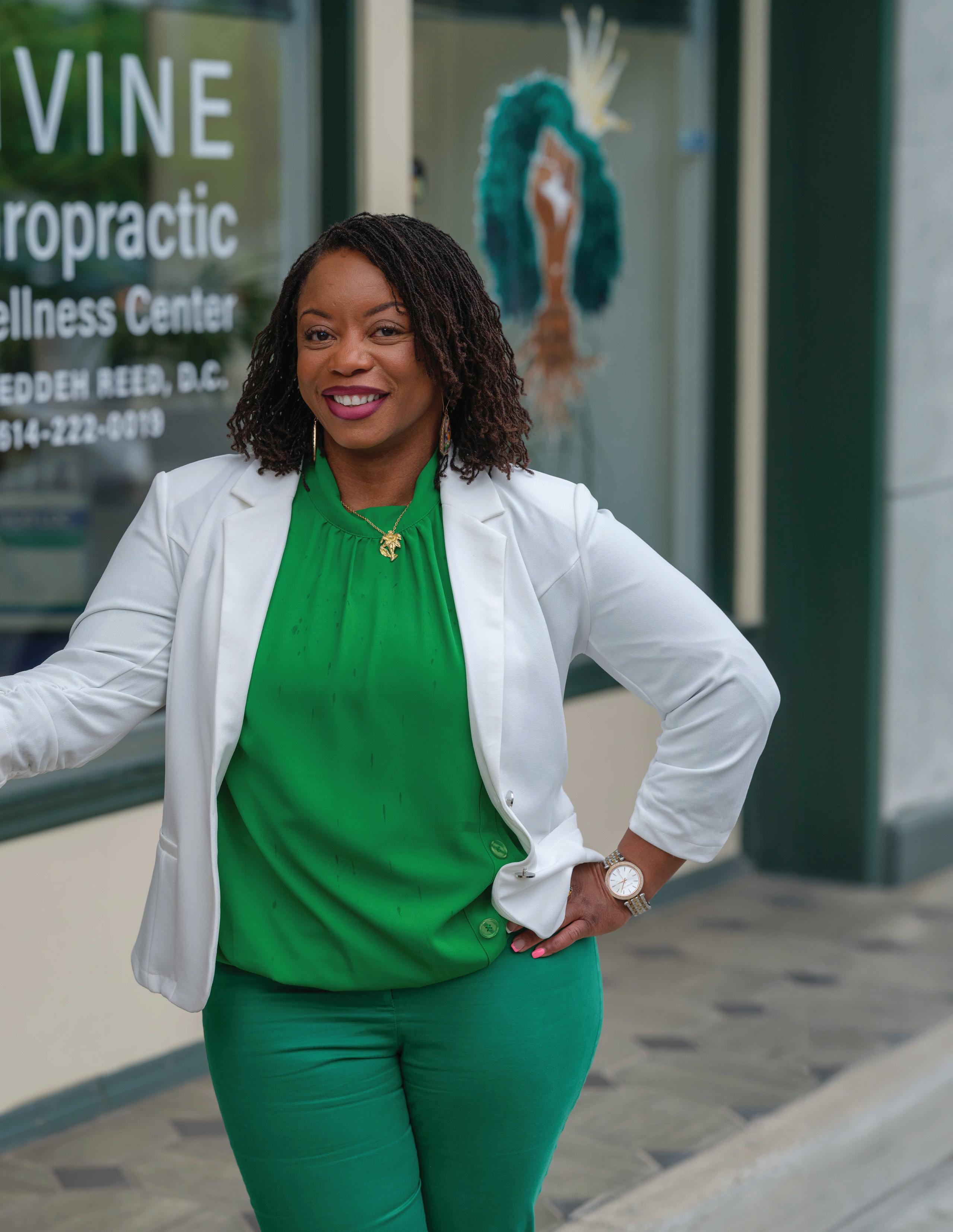
With over 18 years in the field of Human Resources, Miycol Jones is a forward thinker, servant leader and dynamic innovator who keeps employees at the forefront of her work. She remains dedicated to enhancing the employee experience – constantly inspiring leaders and employees to connect with their organizations’ values and missions. As a Senior Director in Human Resources at Quantum Health, Miycol oversees HR operations, people partnerships, organizational development, and DEI. She has used her talents to improve how HR supports Quantum Health, its growth, its people and its culture.
As the leading consumer healthcare navigation and care coordination company, and one of Central Ohio’s fastest-growing companies, Quantum Health helps employees and their dependents have a more effective and satisfying healthcare experience, while consistently delivering significant cost savings to self-insured employers. When Miycol joined the Quantum Health team in late 2017 — bringing a wealth of experience from HR leadership roles in the automotive and retail industries — Quantum Health employed 600 people. Now, thanks to Miycol’s expertise and guidance, Quantum Health employs nearly 2,500 associates.
In 2021 Miycol received Columbus Business First’s HR Impact Award, recognizing her exemplary support and leadership during the pandemic and through a period of explosive growth. Recently Miycol completed the 2023 class of the Signature Program through Leadership Columbus. After graduating from The Ohio State University, Miycol initially planned to pursue a career in marketing. In the meantime, she accepted a temporary human resources assignment, quickly discovering that many of her skills were
transferable. This experience sparked her curiosity, and she soon realized that HR was the perfect fit. Since then, Miycol has remained passionate about advancing and contributing to the evolution of talent in business. She understands that — by enhancing knowledge, cultivating culture, developing thought leaders and elevating emotional intelligence — these HR levers are crucial to drive company growth.
With a genuine enthusiasm for fostering human connections, outside of work, Miycol and her husband serve as marriage coaches through the Family Life ministry at their church. They enjoy supporting new couples by sharing insights from their 24 years of marriage and working with them through the Life in Motion Relationship Inventory (LIMRI) program, which is a comprehensive tool that measures friendship and shared values.
In an ever-changing economy, Miycol maintains her fervent strategic approach, skillfully connecting dots and advancing talent initiatives to improve business outcomes and company culture. Deeply invested in the growth and achievements of her team, Miycol is a bright, inspirational leader others naturally and eagerly follow.

SENIOR DIRECTOR HUMAN RESOURCES
QUANTUM HEALTH

Healthcare disparities have long been a significant issue within the Black community. Factors like limited access to medical care, economic barriers, and cultural misunderstandings contribute to these disparities.
In Central Ohio, like many other parts of the United States, healthcare disparities continue to affect the Black community. These disparities often result in worse health outcomes, higher rates of chronic diseases, and shorter lifespans. However, physician entrepreneurship, offers a promising solution to help bridge these gaps and improve healthcare outcomes.
Physician entrepreneurship involves doctors starting and running their own clinics or healthcare businesses. These clinics are often physician-owned, meaning doctors have a direct say in how they operate. This model can lead to more personalized and communityfocused care, innovative care models that can assist in care delivery particularly in underserved areas.
Healthcare disparities are differences in health and healthcare between different population groups. For Black Americans, these disparities manifest in many ways: higher rates of hypertension, diabetes, and kidney disease, as well as lower life expectancy compared to their white counterparts. According to the Centers for Disease Control and Prevention (CDC), Black individuals are nearly twice as likely to die from diabetes and are three times more likely to experience kidney failure.
Physician-owned clinics are medical practices owned and operated by doctors themselves. These clinics are crucial in addressing healthcare disparities for several reasons:
1. Culturally Sensitive Care: Physician-owned clinics can provide more personalized and culturally sensitive care. Doctors who own their practices have the freedom to design services that meet the specific needs of their communities. For example, a Black doctor owning a clinic in a predominantly Black neighborhood may better understand the cultural factors affecting their patients’ health and can tailor their approach accordingly.
2. Accessibility and Trust: Many Black patients feel more comfortable and understood when treated by physicians who share their racial or ethnic background. This trust can lead to better patient engagement and adherence to medical advice. Physician-owned clinics can establish stronger relationships with their patients, promoting better health outcomes.
3. Focus on Prevention: Many black
communities face higher rates of chronic diseases like diabetes and high blood pressure. Physician-owned clinics can prioritize preventive care, like early screenings and nutritional counseling, to keep people healthy from the start.
Physician entrepreneurs can implement targeted health initiatives that address specific issues within the community. For example, they can organize and participate in health fairs, provide free screenings for common conditions like high blood pressure, and offer educational workshops on managing chronic diseases.
Physician-owned clinics have several advantages that can help address these disparities:
• Personalized Care: Doctors who own their clinics often have more freedom to tailor their services to meet the specific needs of their patients. This can include extended appointment times and culturally sensitive care.
• Community Trust: Local clinics run by physicians who are part of the community can build stronger relationships with patients. Trust plays a crucial role in encouraging people to seek medical care and follow treatment plans.
• Lower Costs: Physician-owned clinics can sometimes provide care at lower costs than larger hospital systems. This is especially important in communities where financial barriers often prevent people from accessing healthcare.
Despite the challenges, physician entrepreneurship offers a powerful path forward. Here are some ways we can support this movement:
• Spread the Word: Talk to your friends and family about the importance of black-owned clinics. You can even help them find one in their area.
• Support Black Doctors: If you have a black doctor you trust, let them know you appreciate their work!
• Advocate for Change: Let your elected officials know that supporting black physician entrepreneurship is a priority for your community.
As we move forward, it’s essential to support and encourage more Black doctors to take this entrepreneurial path, for the betterment of our health and our communities.

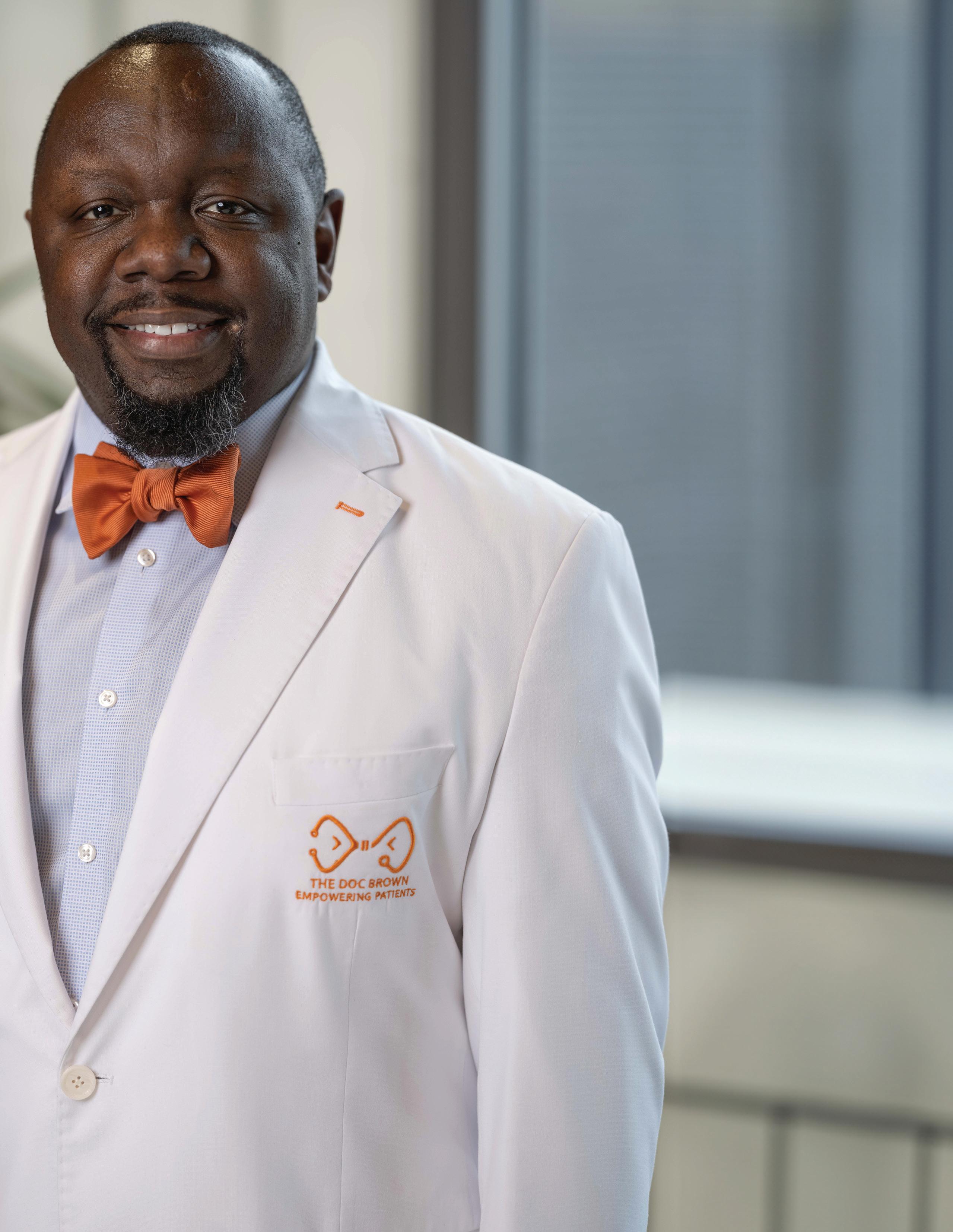
Myeshia Harmon, MHA, CCRP, has been appointed as the senior director of Clinical Research Operations at Nationwide Children’s Hospital. With this new role, Myeshia will continue to oversee the research operations for the Division of Hematology, Oncology & Bone Marrow Transplant (Hem/Onc/BMT) while formally assuming responsibility for Clinical Research Services (CRS).
Myeshia has served as the interim director of CRS since August 2022. CRS functions as a full-service project management office, supporting the initiation and execution of all clinical research projects, regardless of their funding source. Over the past several years, CRS has seen remarkable growth, tripling in size and facilitating highly complex clinical research. This includes clinical trials for rare diseases, gene therapies, and large-scale longitudinal cohort studies.
The Division of Hem/Onc/BMT, where Myeshia has made significant contributions, is a National Institute of Health (NIH) designated Comprehensive Cancer Center. It is the largest facility of its kind in Ohio and one of the largest in the United States. It also serves as a leading center for clinical trial enrollment for the Children’s Oncology Group (COG), the world’s largest and most recognized pediatric cancer research collaborative. During Myeshia’s five-year tenure as director of the Hem/Onc/BMT Clinical Research Office, 74% of eligible oncology patients participated in clinical trials for new therapeutic agents, treatment delivery technologies, and radiation treatment strategies.
In 2020, Myeshia played a critical role in the successful, rapid transition of Dr. Maryam Fouladi and the CONNECT research consortium from Cincinnati Children’s to Nationwide Children’s. Despite the astonishing growth in research activities, Myeshia has always kept patient
care at the forefront. She consistently reminds her team of the direct link between their work and the child at the end of every clinical trial they open.
As a certified clinical research professional, Myeshia brings expertise in consortium operations, protocol implementation, and process improvement. Before her promotion to director of Clinical Research Operations for Hem/Onc/BMT in 2018, she held positions as a clinical research coordinator, program coordinator, and consortium manager within the division. Her exceptional contributions were recognized when she was chosen as the 2020 Manager of the Year at Nationwide Children’s and when she received the 2022 Maribeth Quinn Award for Process Improvement.
Myeshia’s leadership has been integral to the growth of Nationwide Children’s clinical research enterprise. Her successful stewardship in both Hem/Onc/BMT and CRS has positioned her well to lead streamlined clinical research operations in partnership with the hospital’s faculty and staff. As she steps into her new role, her vision and commitment are poised to drive further advancements in pediatric clinical research, ensuring that patients receive the most innovative and effective treatments available.

SENIOR DIRECTOR CLINICAL RESEARCH OPERATIONS
NATIONWIDE CHILDREN’S HOSPITAL
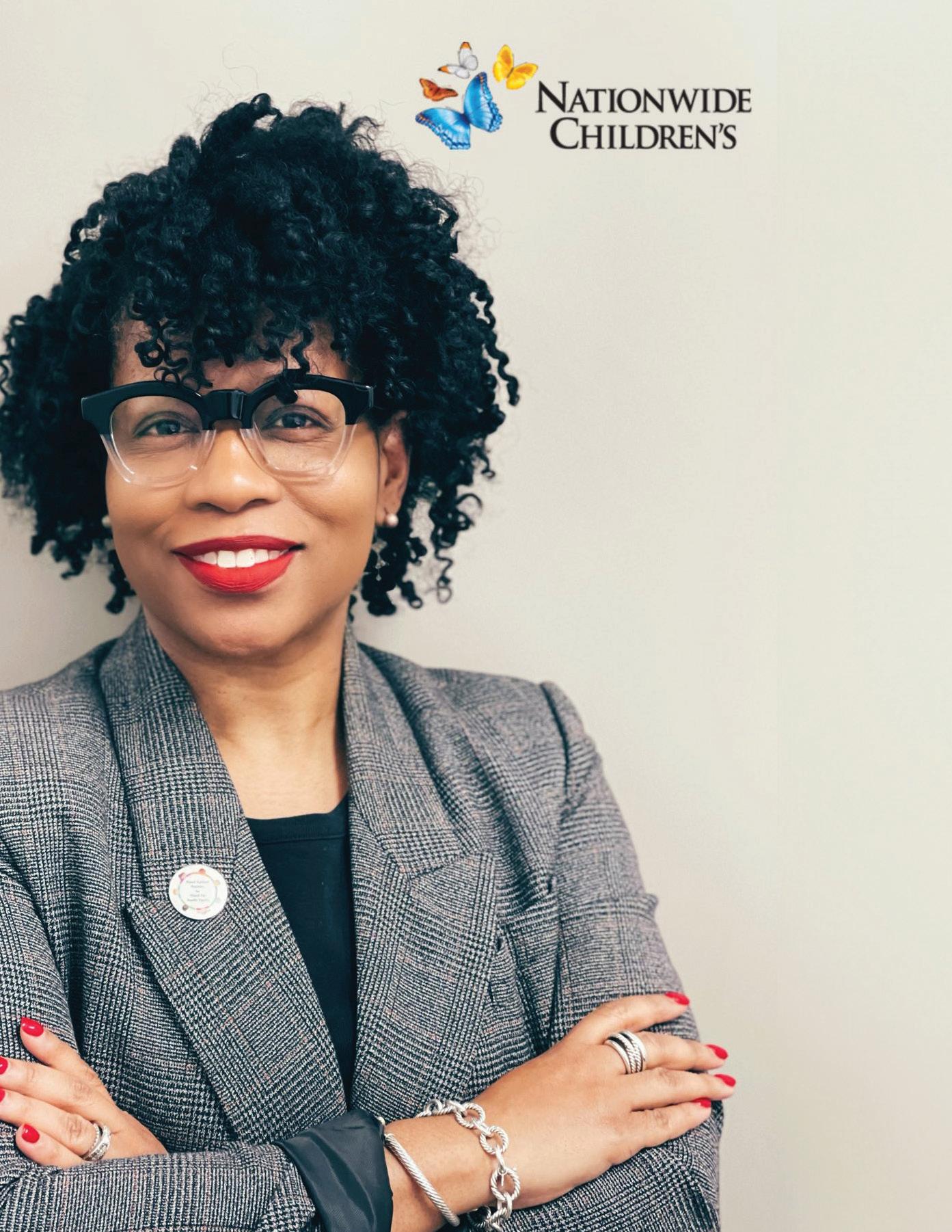
Dr. Micky Sharma serves as the Director of Student Life’s Counseling and Consultation Service (CCS) at The Ohio State University. Raised in Columbus, he was the first member of his family born in the U.S. His education, professional training and career led him away from Columbus for 25 years until, in 2011, he accepted the position at Ohio State.
Dr. Sharma’s career centers on the needs of college student mental health. His experience spans work and leadership in 7 university counseling centers throughout the Midwest. Dr. Sharma is an active member of, and served as President for, the Association for University and College Counseling Center Directors, an international organization with over 900 members.
Dr. Sharma approaches his work with calm resolve, regardless of how chaotic the day may be. He learned the value of this approach in his first year as Director at Northern Illinois University’s counseling center when a gunman entered a classroom, killing 5 students and injuring 21 others. Dr. Sharma led the institution’s mental health response to the tragedy.
Today, student mental health needs and requests for services are significantly higher than previous years. There are historically high numbers of students on college campuses who have received counseling prior to entering higher education. Dr. Sharma highlights three important points about this trend. First, these increases indicate that higher education has become an option for more people. Second, increased need and service demand dictate that colleges be prepared with the necessary resources to best support student success, both inside and outside of the classroom. And finally, higher service utilization rates indicate that the stigma of mental health treatment has
decreased in college students over time. However, this stigma is still present in certain subsets of students, specifically students of Color and International students. To break through this stigma, CCS’ clinical team represents the whole student population and speaks seven different languages. In addition, CCS has tailored outreach efforts to reach students of varying backgrounds.
On a campus of 60,000+ students, Sharma focuses on providing the best mental health support for all students. To do this, CCS provides multi modal support to students. This approach involves understanding each student’s unique needs and matching them with the correct support resource. The number of CCS staff has doubled during Sharma’s tenure, leading to an exponential increase in the number of students served.
The key to success in leadership? Having the right people. Dr. Sharma has built a team of leaders, clinicians, admin support staff and trainees at CCS who are dedicated to serving college students and represent the entire student community. In his view, a leader is only as strong as the individuals one works alongside. “And I work with the best people in the field.”
He received his doctorate in Clinical Psychology from the Illinois School of Professional Psychology/ Chicago Campus and in 2008 received the Distinguished Alumni Award from the Institution.

OFFICE OF STUDENT LIFE COUNSELING AND CONSULTATION SERVICE
THE OHIO STATE UNIVERSITY
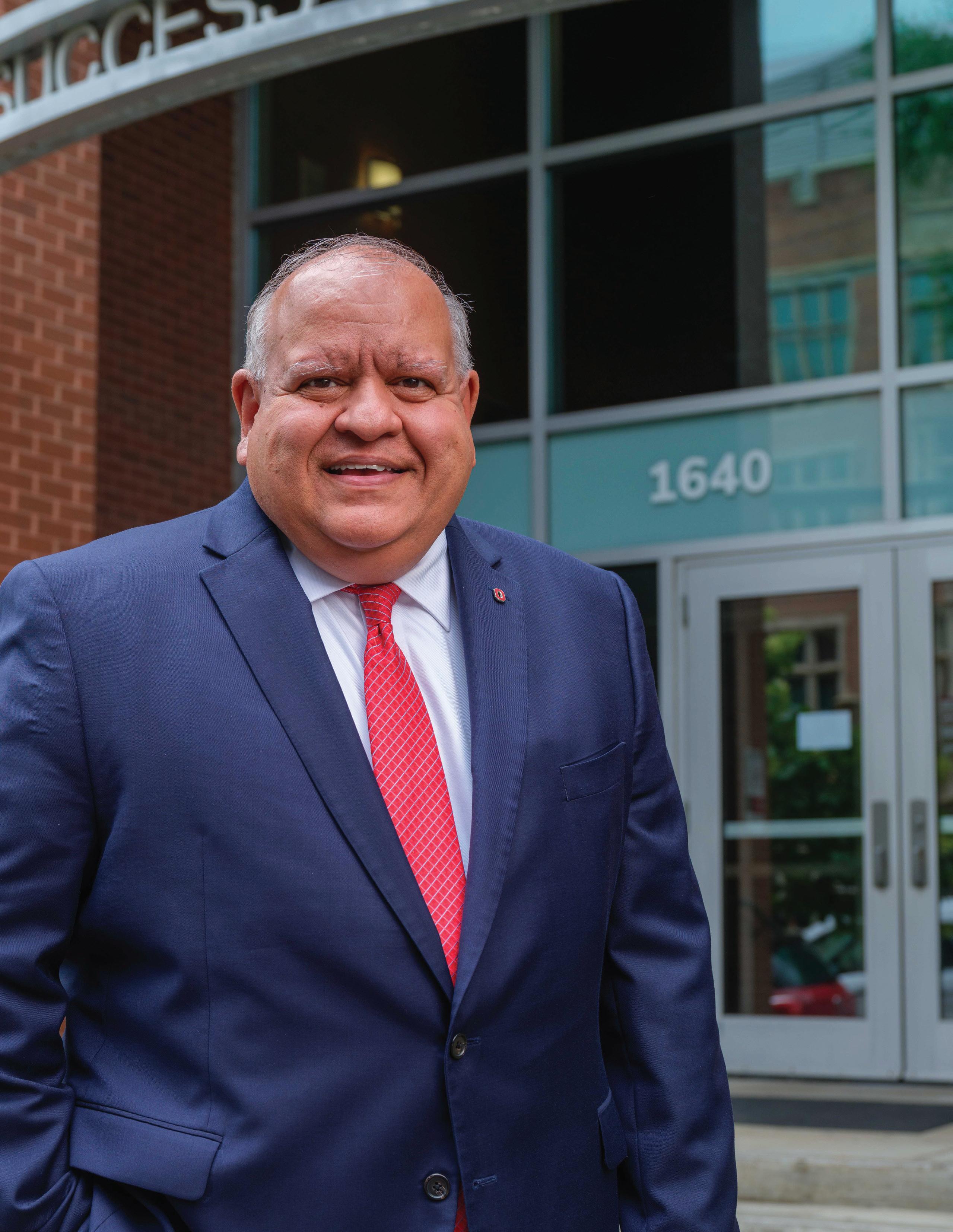
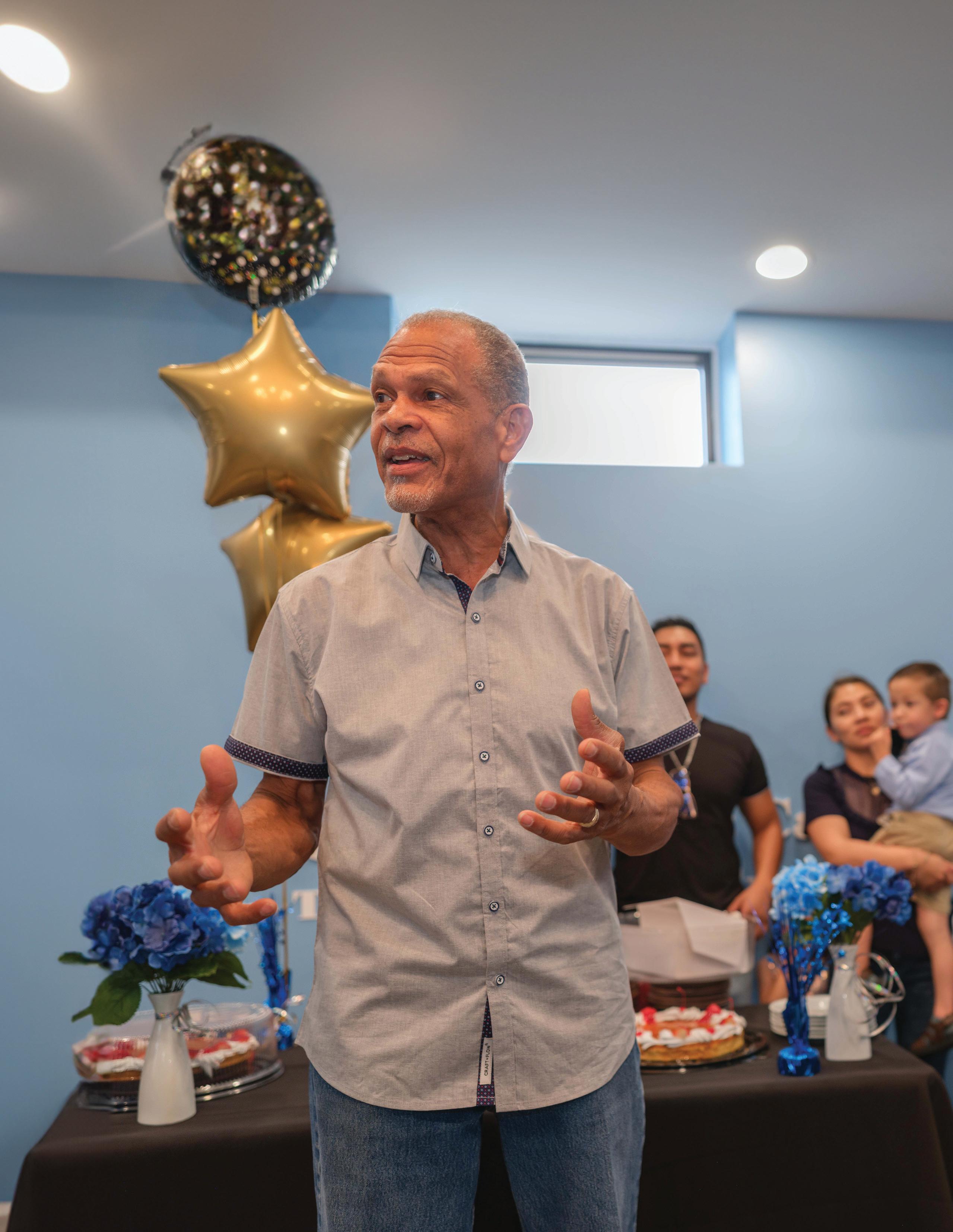

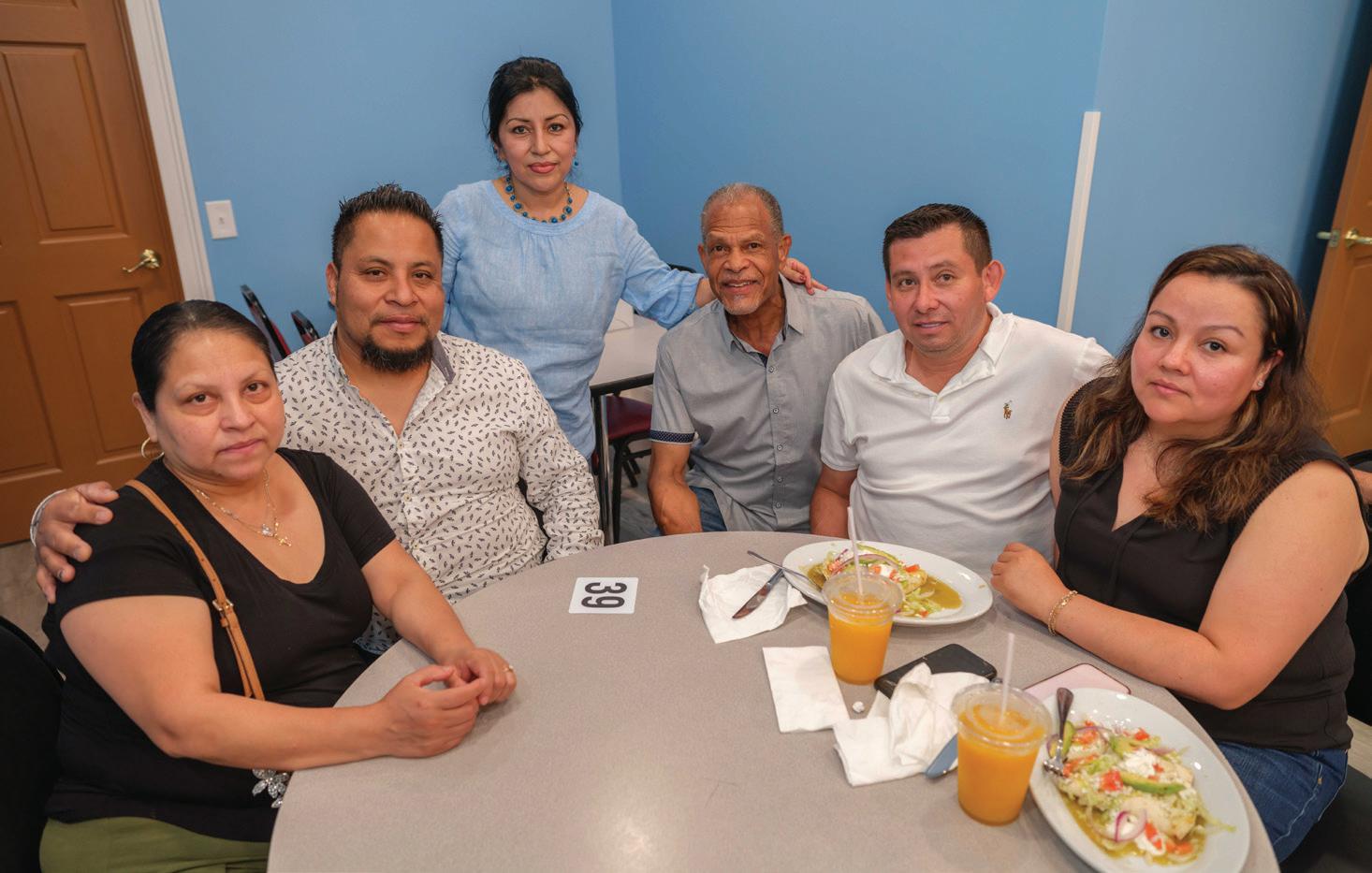
Friends and Supporters
Gather at the New G’s Shepard Springs Café in Celebration of Ray Jones Birthday!
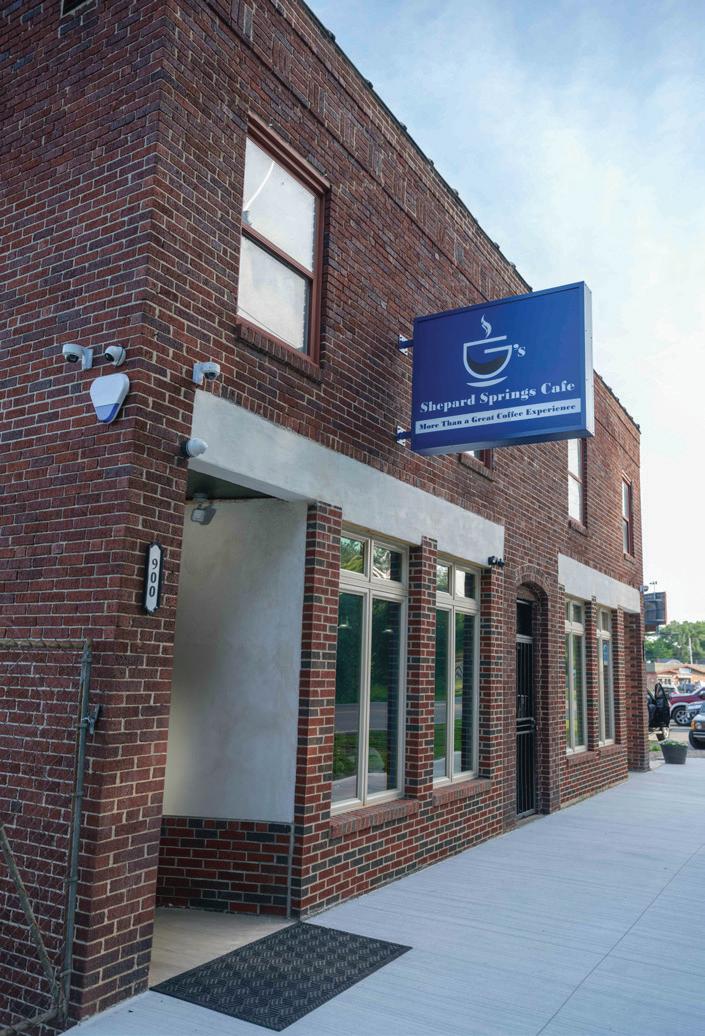
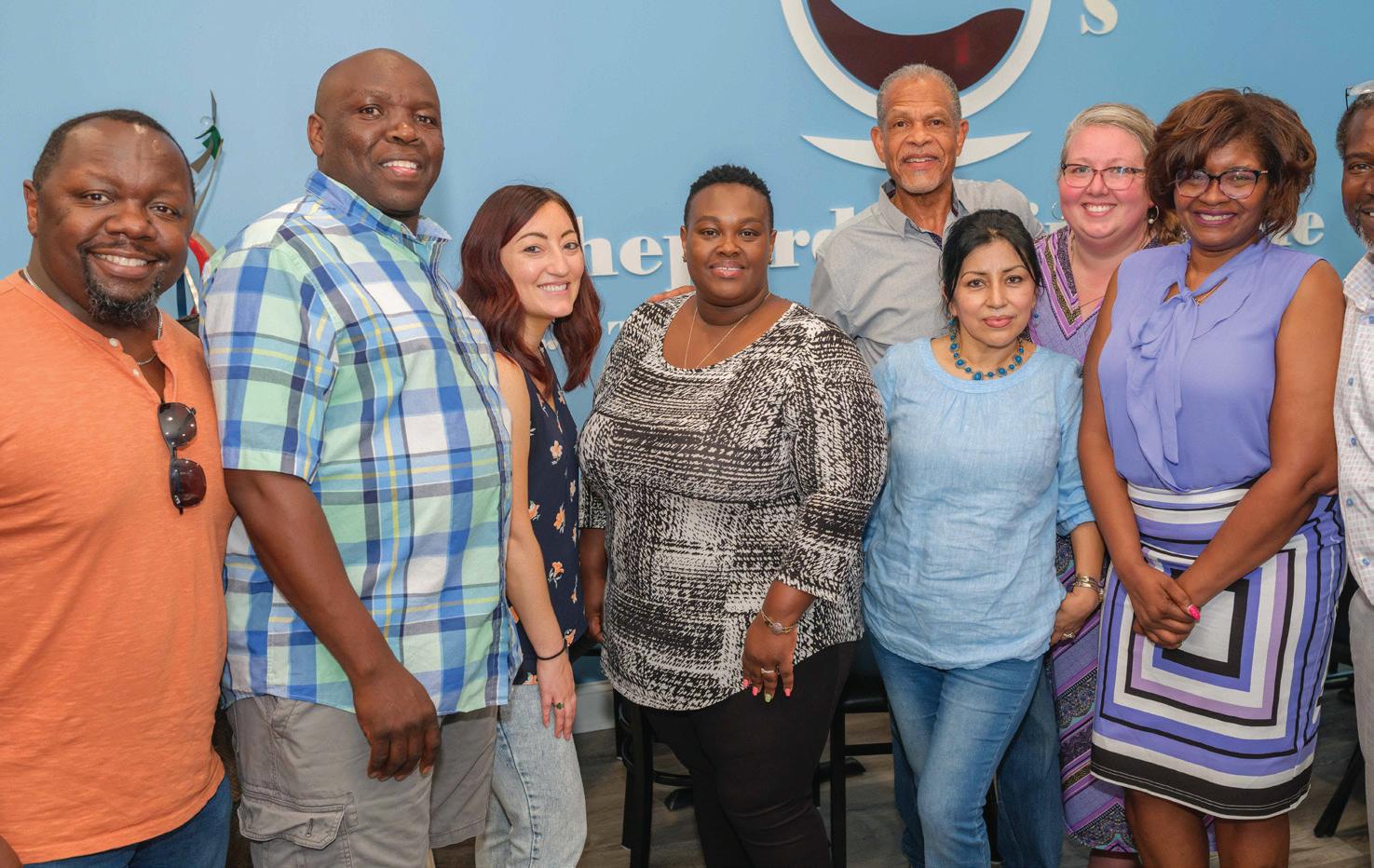

Last year, Ohioans stunned the nation by approving an amendment to enshrine abortion access in the state’s constitution, a clear rejection of the state legislature’s so-called “heartbeat” bill that would ban abortions after six weeks. The victory demonstrated Ohio’s legislature might not accurately reflect the will of voters, a problem inspiring two other highprofile ballot initiatives this year, one of which might start to chip away at the political corruption causing this divergence.
Ohio voters have been able to make state law directly through citizen-led ballot initiatives since 1912. Even back then, big money, business, and the state legislature all vehemently fought creating the right, which was understood as a powerful check on unaccountable politicians. Though any initiative requires collecting thousands of signatures to get on the ballot and even more resources to turn out the vote, Ohioans have approved more than one hundred initiatives over the last century. Two
notable efforts could find their way to the ballot this November 2024.
The “Citizens Not Politicians” constitutional amendment would create a 15-person citizen commission to draw maps for state legislature and congressional seat districts. Currently, elected politicians in the legislature draw these maps, and have used the process to create districts benefiting certain political parties (hello, Jim Jordan!), rather than fairly representing the mix of voters in a given geography. Gerrymandering has reduced Black political power in particular.
The second initiative, “Raise the Wage Ohio,” would increase Ohio’s minimum wage to $15/hour by 2026 for all workers, including those in tipping industries, like restaurants. The current minimum wage is $10.45 for non-tipped workers and $5.45 for tipped workers. Experts estimate over one million Ohioan would see wage gains under this new law and 30% of Black workers would see a pay increase. The Ohio Restaurant
and Hospitality Commission opposes the law and has even recruited a Republican state lawmaker to introduce a bill to raise the minimum wage to $15 but exclude tipped workers to fend off the ballot initiative.
The fact ballot initiatives are necessary to address issues as fundamental as drawing fair maps and ensuring workers earn enough money to live indicates just how corrupt and useless the Ohio General Assembly has become. One could imagine legislators who govern— efficiently drawing maps reflecting a balanced mix of voters based on readily available technology and holding hearings with experts to consider various approaches to increasing workers’ wages, for example. But rational policymaking is a pipedream under the current Republican supermajority’s reign. Until that power dynamic changes-which the gerrymandering amendment would begin to address-ballot initiatives are all ‘we the people’ have got.
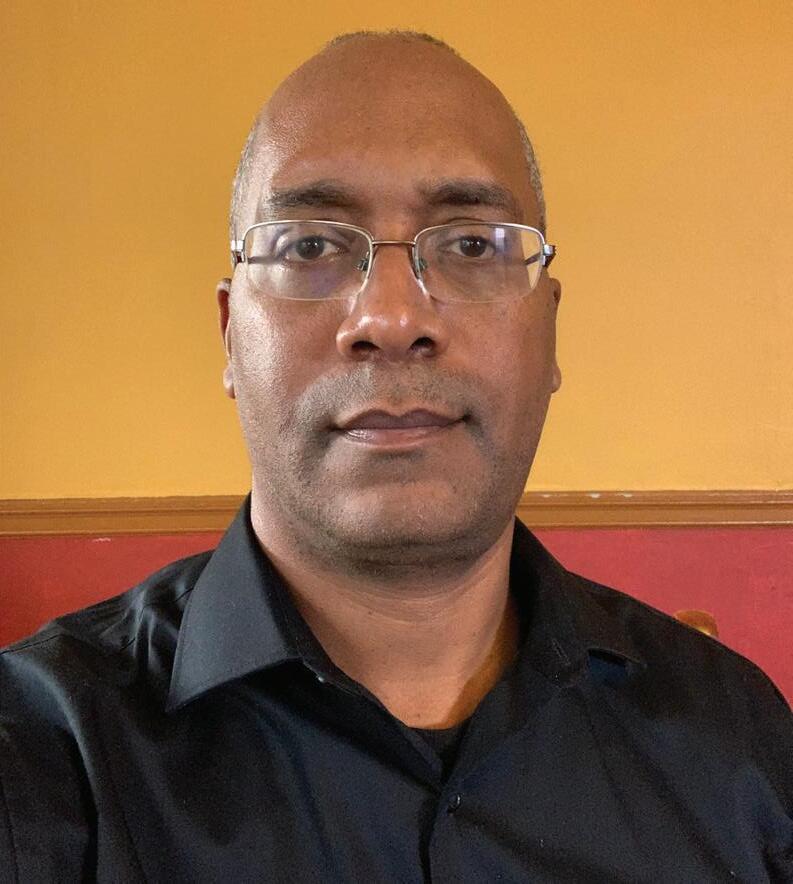
Knowingcity policy has been particularly destructive to the Black community over the last quarter century, I took note of a recent city policy expanding its CRA district citywide to allow it to give tax abatements for residential development anywhere in the city—not just in targeted areas.
I submitted a public information request in October 2023 to get a copy of the city’s policy that is publicly marketed as a tool to require private developers to create a certain percentage of affordable housing units in exchange for property tax abatements. I also identified a specific development for which council had approved a tax abatement with such an affordability requirement and asked for documentation of compliance.
I was shocked when I read the policy, which has no defined standards for how developers are to count income for affordability. Further, the policy only requires a developer to certify the affordability of units one time. For instance, if a spouse who has a part-time job at McDonalds applies for an apartment, listing that income alone would qualify for the unit’s affordability requirements being rented to a household at or below 60% of Area Median Income. The other spouse could then move in – making millions of dollars a year, and per the city’s policy that second source of income would never be counted—so the unit would be reported to the city as being leased to a household below 60% of Area Median Income – when in fact it was leased to a millionaire. Further, the city did not have any record that the one development I had asked to confirm was meeting the stated term of the tax abatement, and the city had no record that the affordability of units leased had ever been reported.
On April 2nd, I emailed all the city council members a breakdown of longstanding issues with the city’s housing policies, along with specific critique of its nonexistent affordability policies for tax abated projects. As of May 22nd, not a single city council member responded to – or even acknowledged receiving -- my April 2nd email, so I sent another email saying:
“Not surprisingly, not a single councilmember responded to my email from last month -- because it demands real accountability
I presume. So please let me ask specific questions that I would ask each councilmember to respond to [summarized here for space]:
1. Isn’t affordability particularly a critical issue for Black families which have seen homeownership rates plummet and the percentage of renters living in unaffordable units increase to more than 51%?
2. Do you agree that state law (linked to Ohio Revised Code) allows the city to regulate rents for tax abated and city-bond financed units?
3. Did you know that developers were not required to submit evidence they were meeting the affordability requirements for their tax abatement?
4. Did you review the city’s piss poor tax abatement policy per my last letter?
I will let you know in my next article which, if any, councilmembers respond.
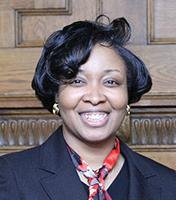
Due to being digital natives, many Gen Z college students are illustrative learners who like to participate in class by engaging in social media polls and online discussion boards. While these online teaching activities help pique students’ interest in the subject matter being taught, the foremost technology challenge facing professors like me who teach in the humanities is the incorporation of AI in learning, specifically ChatGPT.
Students have been using ChatGPT for writing assignments since OpenAI rolled it out near the end of 2022, and it has a new desktop version called GPT-4o. Some students have appropriately used it for help with outlining topics and research suggestions, while others have succumbed to the temptation of letting the chatbot write essays for them. We’re at a critical point now of not just concerns about the authenticity of students’ work, but we must delve a little deeper in examining our teaching approach in this ever-changing digital age.
I strongly believe the main component for outstanding instruction throughout previous generations to today is great class interaction. Although Gen Z students have the luxury of vast amounts of information at their fingertips through ChatGPT, this doesn’t mean they are invested in their assignments or enjoy completing them. For example, if students are bored with an essay assignment and how a professor explains the requirements, they will be bored typing in research terms as they use the chatbot. So even with the advanced technology we have, we still have to make learning come alive for students.
I am from a family of teachers, and my mother, who worked in adult education, emphasized to me that she drew inspiration in relating to her students from studying how biblical parables were used in Jesus’ methods of instilling knowledge. She didn’t particularly tell stories in a parable format, but she used
real-life experiences in storytelling to demonstrate important concepts in her lesson plans. Similarly, I have found using anecdotes to be effective in getting students to think more critically about the Gen Z topics and current events covered in my English courses. When we have class discussions, I want students to ask vital questions about the issues affecting their social and educational development, much like the manner in which people intuitively probed Jesus about moral truths of love and forgiveness.
I think that perhaps one of the blessings in disguise regarding generative AI is that it will provide a boost for professors to teach to their strengths as they use it to augment their curricula. This should result in more student satisfaction and appreciation in what they are learning, which has always been my main objective.
Jesscia A. Johnson is a senior lecturer i the English Department at The Ohio State’s University Lima campus.
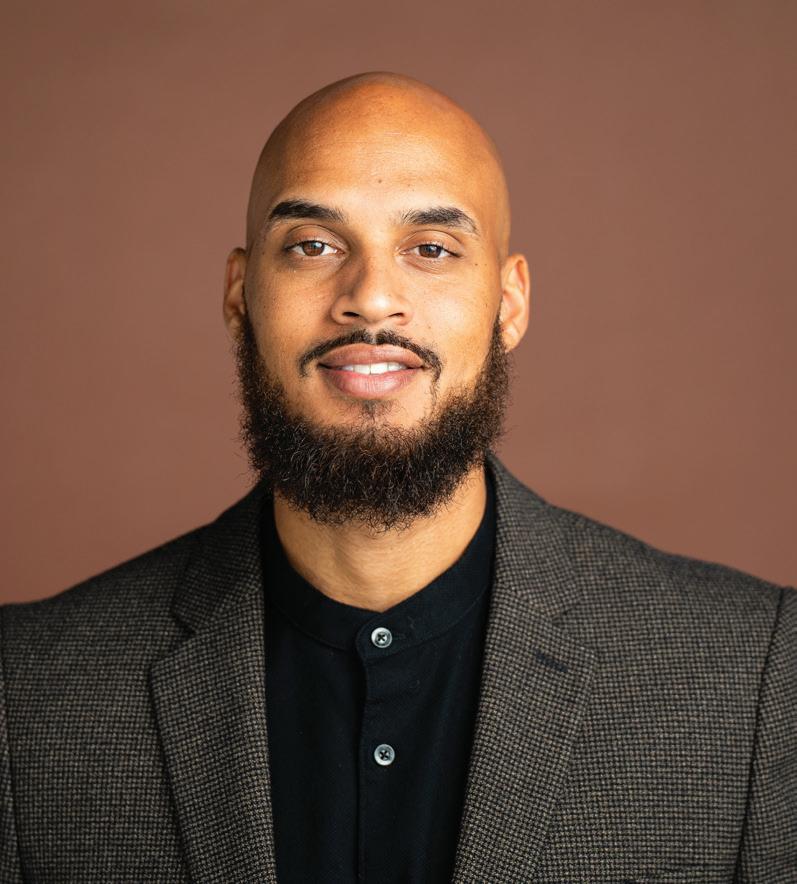
National College Decision Day, a pivotal moment for high school seniors, has recently passed, yet many Black students find themselves in a state of uncertainty regarding their post-secondary plans. The culprit? Delays and complications stemming from the rollout of the new Free Application for Federal Student Aid (FAFSA), designed for students of the class of 2024 and beyond.
The FAFSA serves as a gateway to federal financial aid, a lifeline for countless students seeking to pursue higher education. However, the transition to the new FAFSA has been marred by glitches, delays, and miscalculations, disproportionately impacting Black and low-income
students. These issues have created a domino effect, hindering access to vital financial resources and jeopardizing future educational and career prospects.
For many Black students, the FAFSA is not just a form—it’s a lifeline. Statistics reveal that 70-90% of Black students rely on FAFSA for college funding, making any disruption to the application process a significant setback. Delays in processing applications or insufficient aid packages leave students scrambling for alternatives, often with limited options available.
The ramifications of FAFSA complications extend beyond individual students to the broader landscape of higher education and the workforce. Concerns loom regarding the potential increase in college dropout rates among lowincome students or delays in college entry, perpetuating cycles of inequality. Furthermore, the decline in FAFSA applications not only threatens individual aspirations but also undermines the diversity and inclusivity of our educational institutions. Access to quality jobs increasingly hinges on post-secondary credentials, making it imperative to address barriers to higher education, particularly among Black youth. While some schools have extended FAFSA deadlines to alleviate the burden on students, budgetary constraints limit the efficacy of such measures.
In the midst of these challenges, it’s crucial to rally support for affected students. Whether through mentorship, advocacy, or financial assistance, we must ensure that Black youth and other minority groups are not deterred from pursuing their educational aspirations. The recent decision to no longer consider race in college admissions underscores the importance of proactive measures to safeguard equitable access to higher education.
It’s too early to predict how our communities will be impacted by these new changes or what the solutions may be. However, we know marginalized communities are always the most impacted when continued obstacles and barriers are established to limit access resources to colleges and universities. We’ve seen it with the dismantling of Affirmative Action and now with Diversity, Equity and Inclusion, even right here in the great state of Ohio. We can’t overcome obstacles we don’t know exist. Now, more than ever, we need to stay informed with policy changes within the systems that influence and impact our communities the most. Dorothy Jean Tillman II becoming the youngest person to graduate with a doctoral degree, honoring her namesake, shows how time and time again our children are capable of defying all odds when given the access and opportunities.


